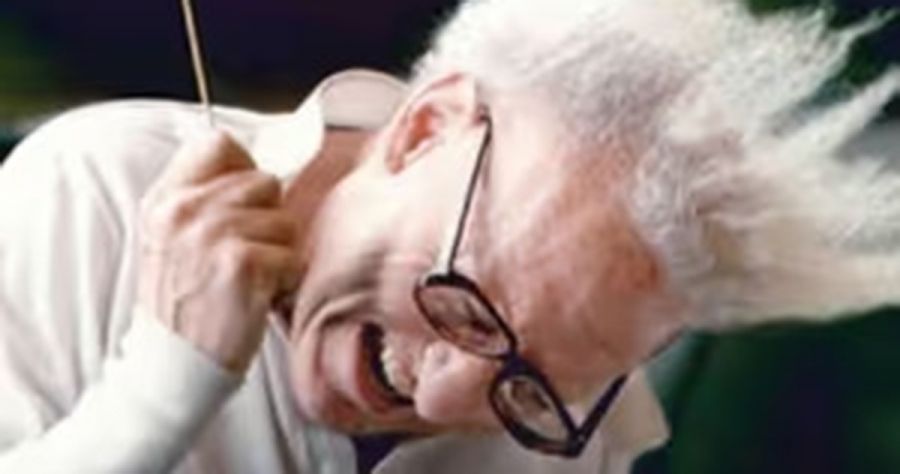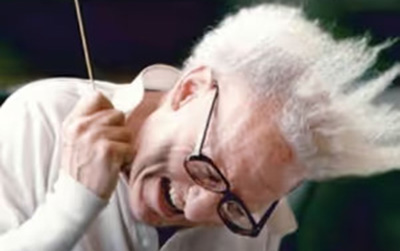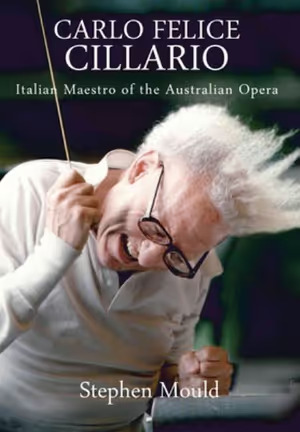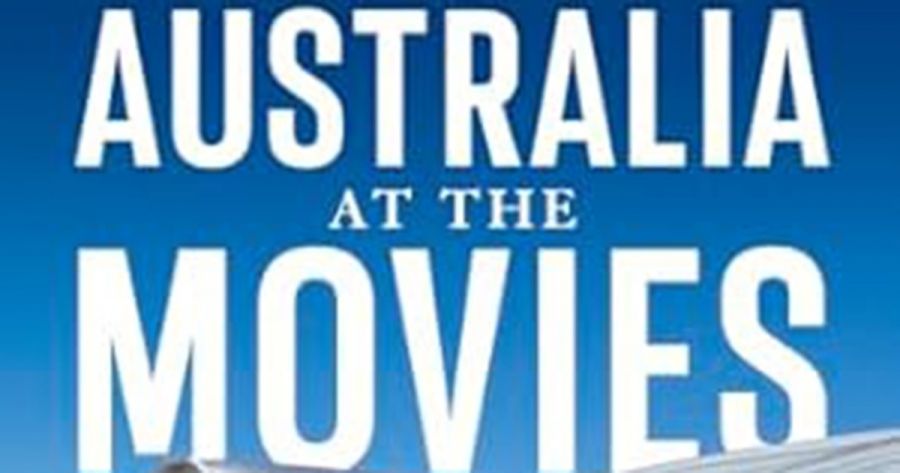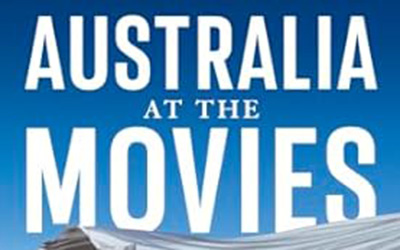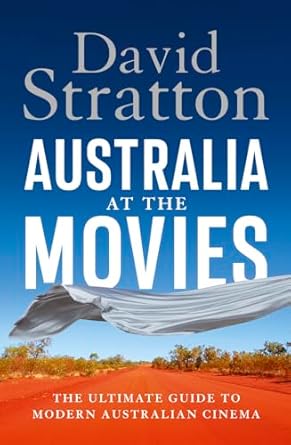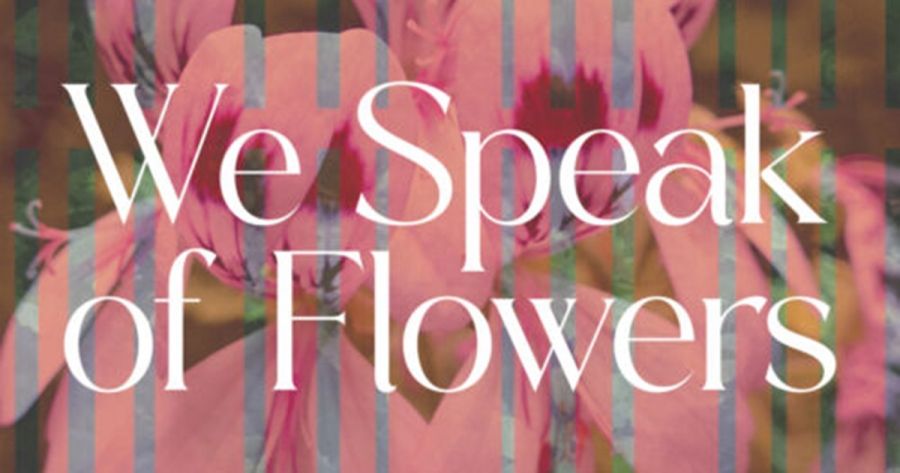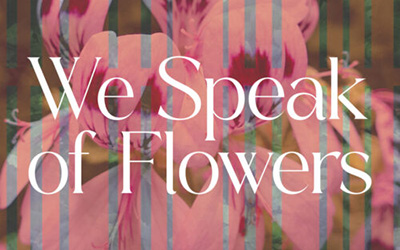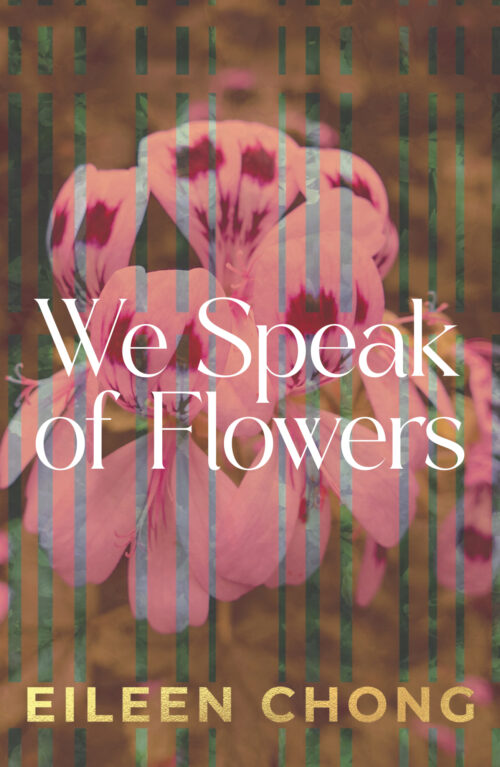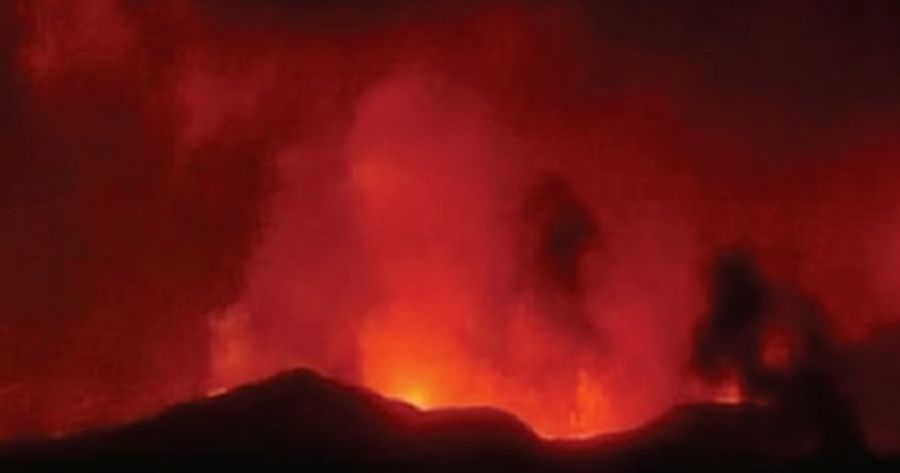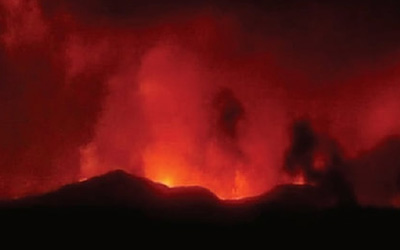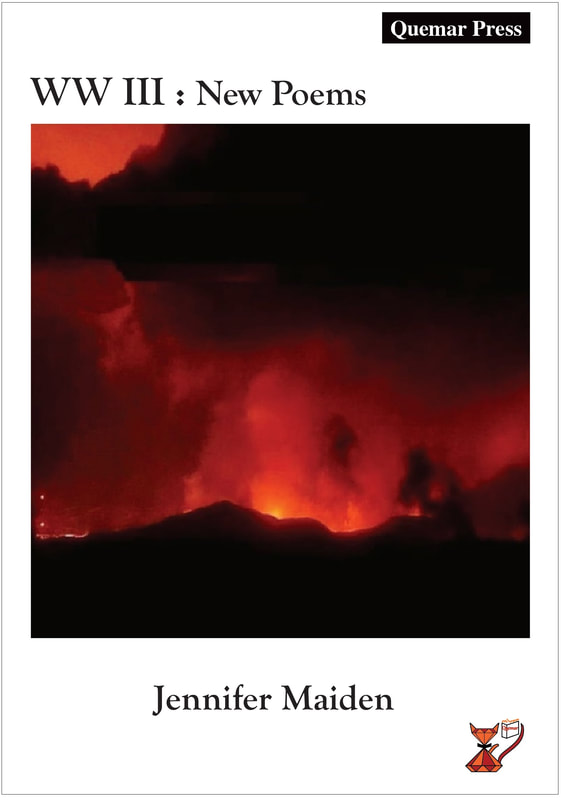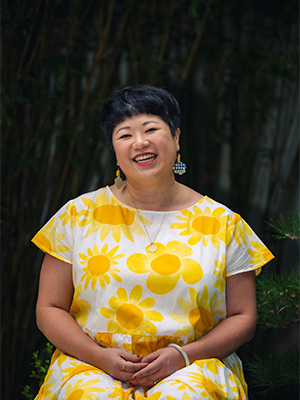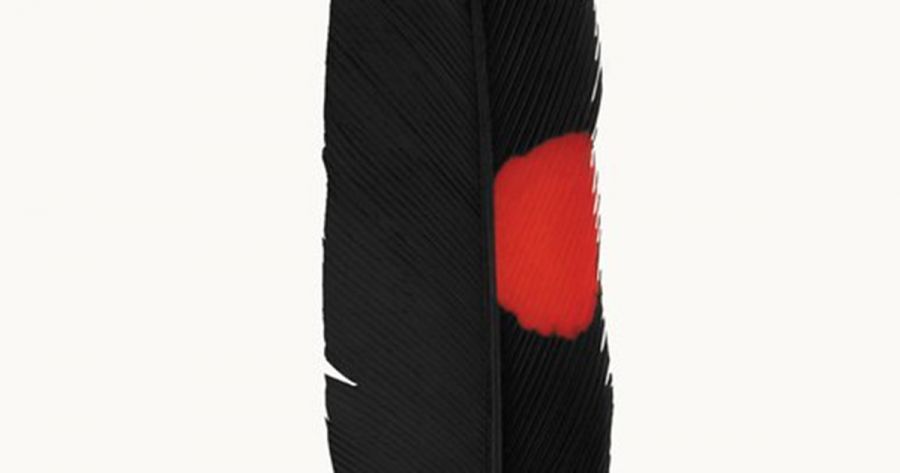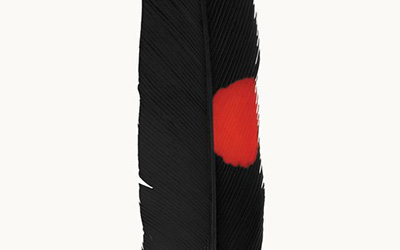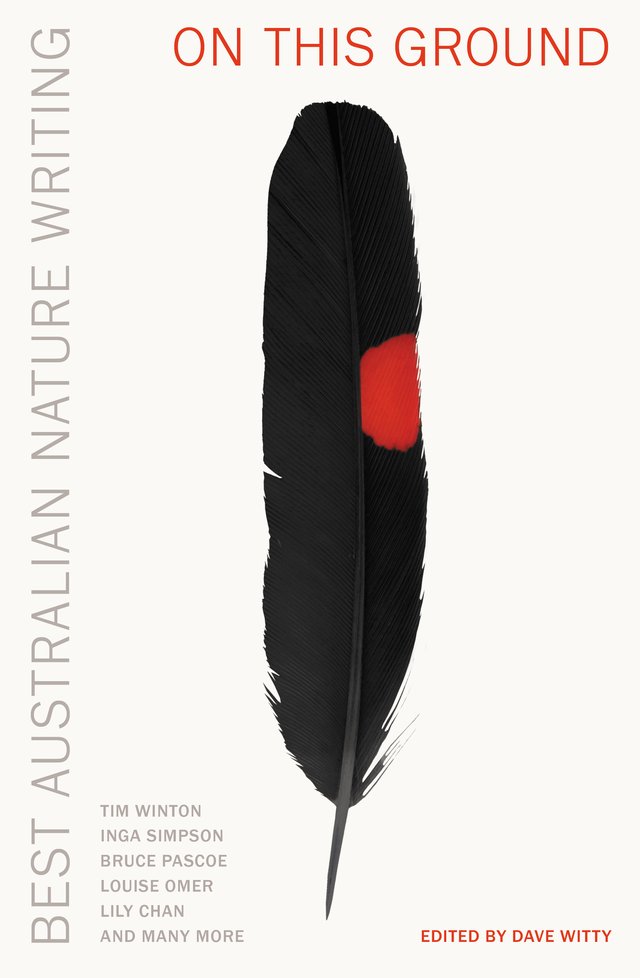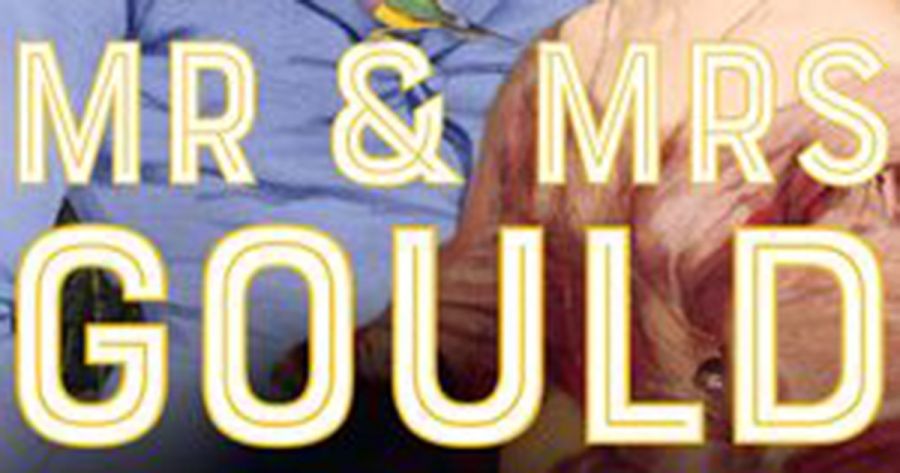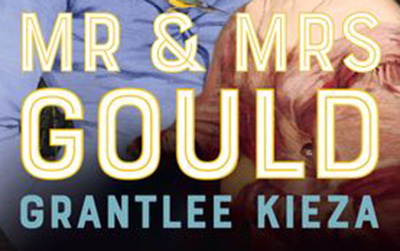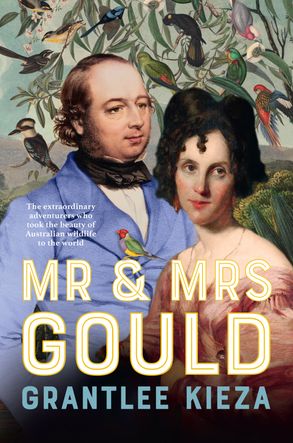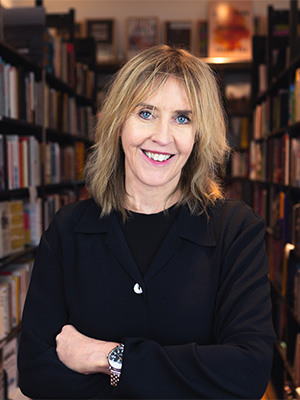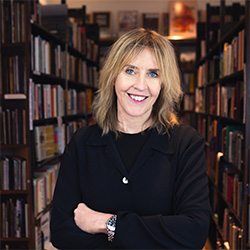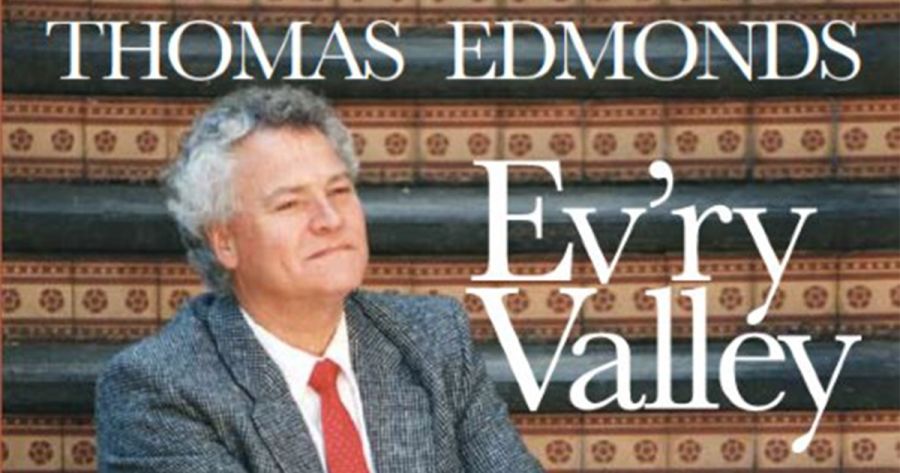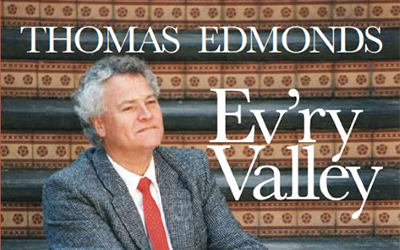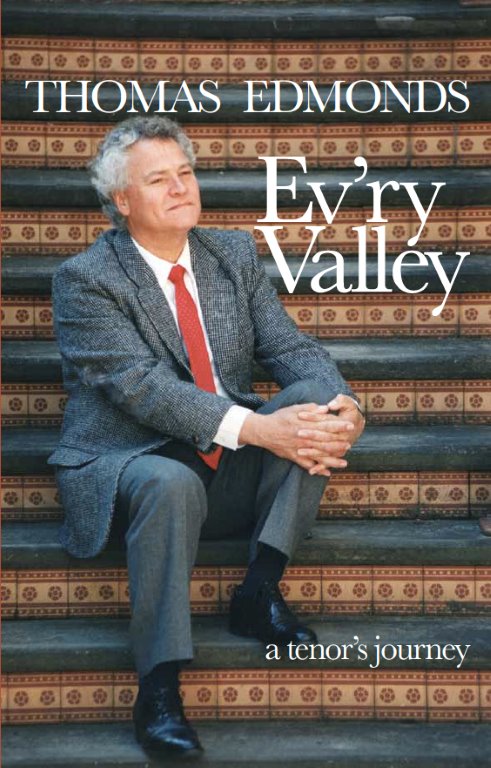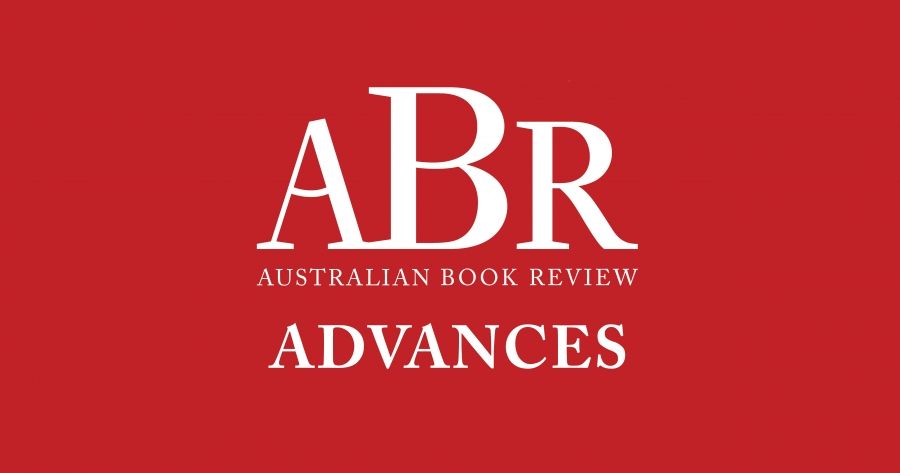
- Free Article: No
- Contents Category: Advances
- Review Article: No
- Article Title: Advances – March 2025
- Online Only: No
- Custom Highlight Text:
How good it was – when we presented the five shortlisted poets in this year’s Peter Porter Poetry Prize on February 18 – to be back at Readings Carlton, rather than speaking via Zoom. Like lockdowns, Zoom ceremonies have really outstayed their welcome.
This year’s judges – Sarah Holland-Batt, Paul Kane, and Peter Rose – shortlisted poems by poets Sarah Day (Tasmania), Jennifer Harrison (Victoria), Audrey Molloy and Claire Potter (both NSW), and Meredith Stricker, who lives in California. This was the first all-women shortlist in the Porter’s twenty-one-year history.
- Featured Image (400px * 250px):
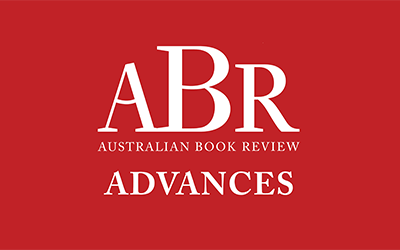
- Alt Tag (Featured Image): Advances – March 2025
Peter Porter Poetry Prize
How good it was – when we presented the five shortlisted poets in this year’s Peter Porter Poetry Prize on February 18 – to be back at Readings Carlton, rather than speaking via Zoom. Like lockdowns, Zoom ceremonies have really outstayed their welcome.
This year’s judges – Sarah Holland-Batt, Paul Kane, and Peter Rose – shortlisted poems by poets Sarah Day (Tasmania), Jennifer Harrison (Victoria), Audrey Molloy and Claire Potter (both NSW), and Meredith Stricker, who lives in California. This was the first all-women shortlist in the Porter’s twenty-one-year history.
After readings from the work of Peter Porter and by the five poets, Meredith Stricker was named the overall winner. Her poem, ‘The Vastness of What Poetry Can Do’, was chosen from a field of 1,171 entries from twenty-nine countries. She receives $6,000.
Our judges had this to say about ‘The Vastness of What Poetry Can Do’: ‘That this is the most expansive poem on the shortlist seems inevitable, given its titular subject. The five eclectic epigraphs (beginning with Wallace Stevens, who might have conceived the title), and the references throughout, hint at the poet’s impressive range of influences, but this spacious and elegant poem – “stubborn, forlorn, resplendent” – is entirely individual and original.’
Our winner, who could not attend the ceremony, sent this message: ‘I am so honoured to be part of the stunning and diverse range of poets moving through the pages of ABR. Thank you to all the readers and supporters, illustrious staff and contributors for the depth of your response and respect given to poetry and a wider cultural life. While the writing of a poem may feel solitary, its trajectory and life are communal and inclusive. I want to reflect for a moment on what might connect my work with that of Peter Porter’s. What might we have in common? He had a gift for turning the anachronistic into the simultaneous-present, crossing centuries and diction as one might cross a street. Here is his gorgeous line from “Sun King, Sulking”: “We are classic because we live / so briefly.” We are not drawn to the classics and myth because they are unchanging, monumental precursors, but because they are renewable like forests, being recreated in our lives. I have spoken about how my poem “The Vastness of What Poetry Can Do” is an encounter with The Iliad as a forever war of displacement, where myth rhymes with the news. This work also echoes my family history – my mother was a refugee in wartime, and members of my father’s family were cleansed from their villages and sent to Siberian labour camps for decades. What I feel in common here with the works of Peter Porter is how the poem can thread through history, myth, nature, the news. Each poem can become an arc or carrier or transformer like a core sample through geologies or sequoia trees – “we live so briefly”, yet are simultaneous with others in other times and places. May all those displaced find homelands. May our brief lives span widely.’
All five shortlisted poems appeared in the January-February issue of ABR. A podcast is available of the poets reading their work.
Prizes galore
Read more: Advances – March 2025
Write comment (0 Comments)

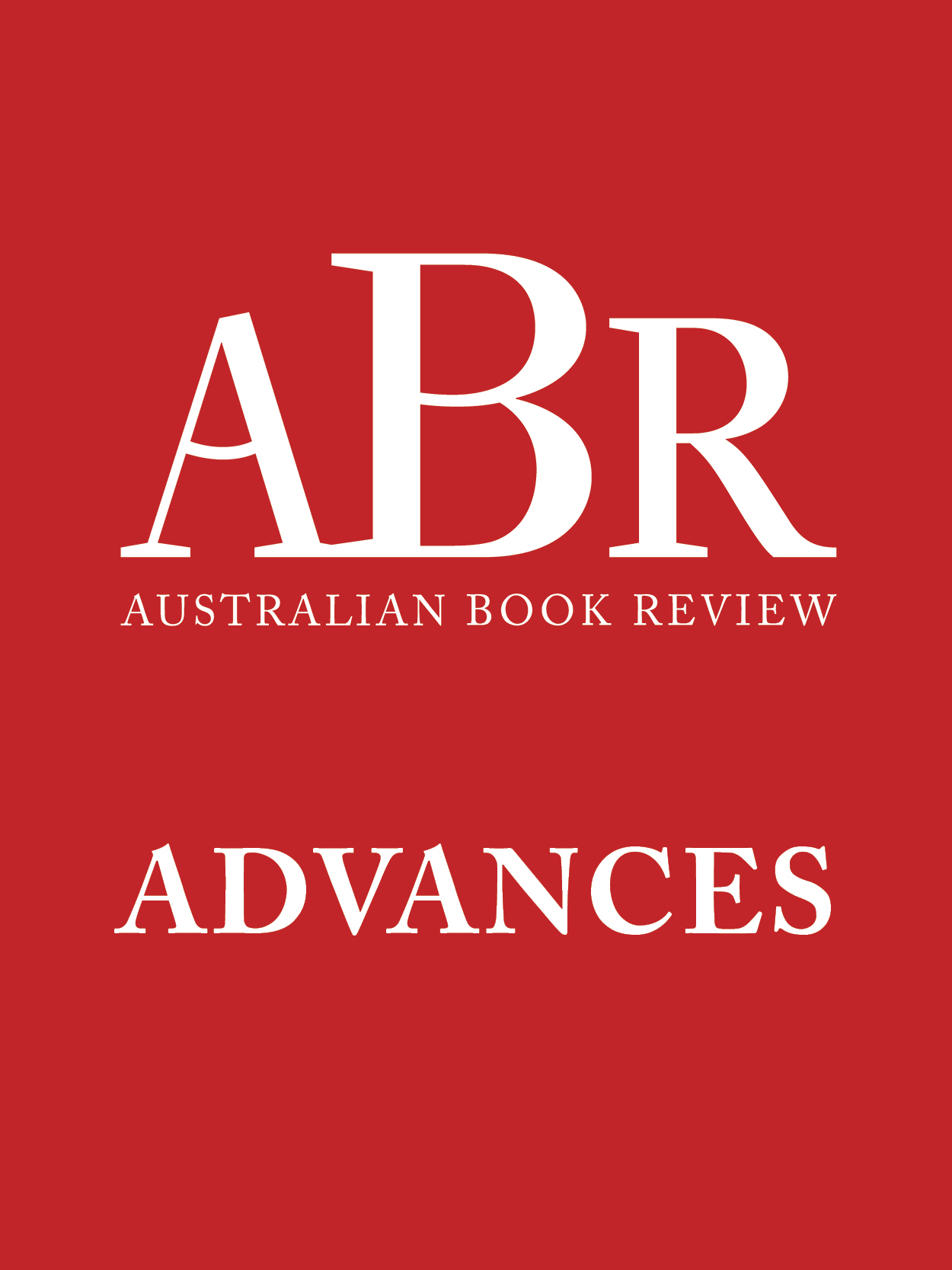
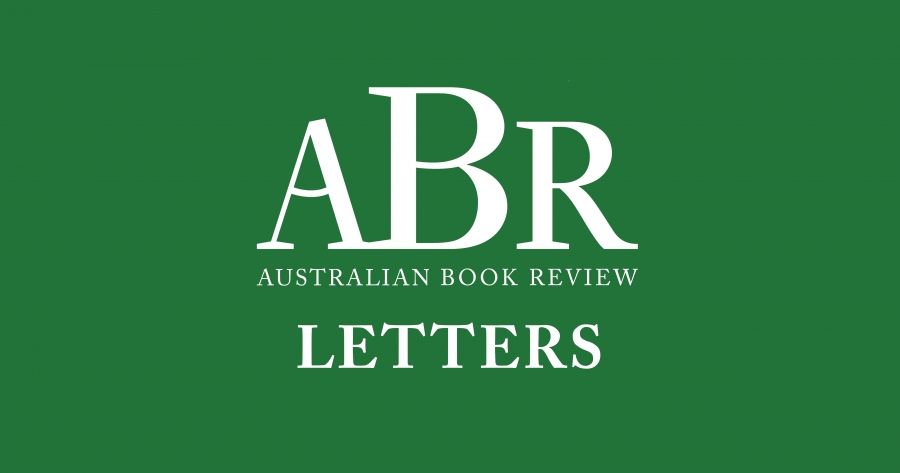

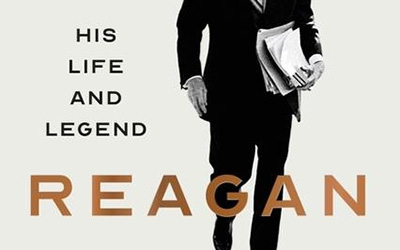
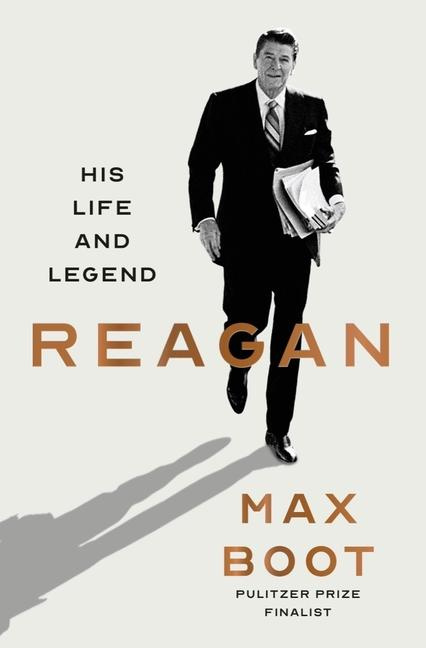

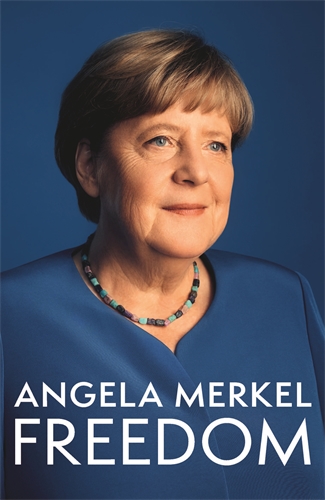
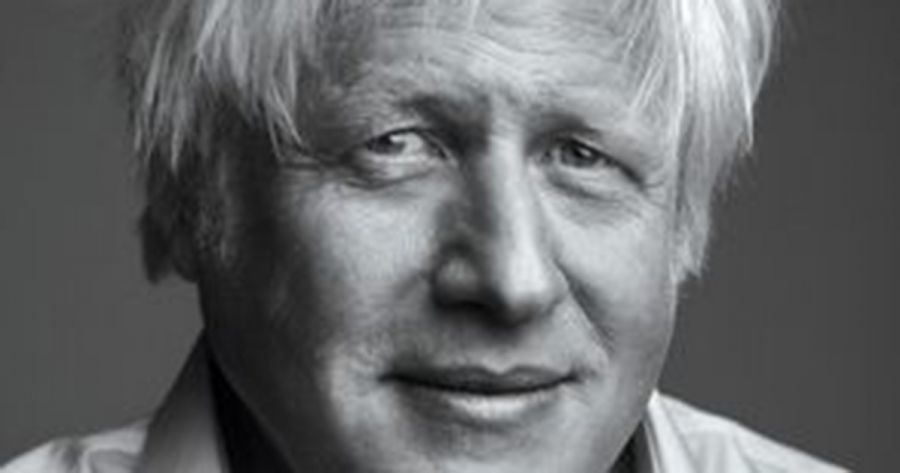
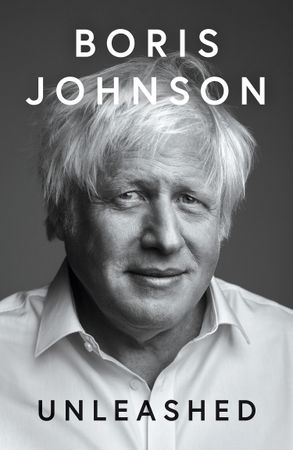
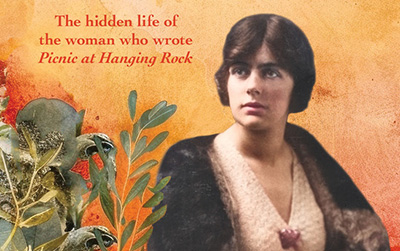
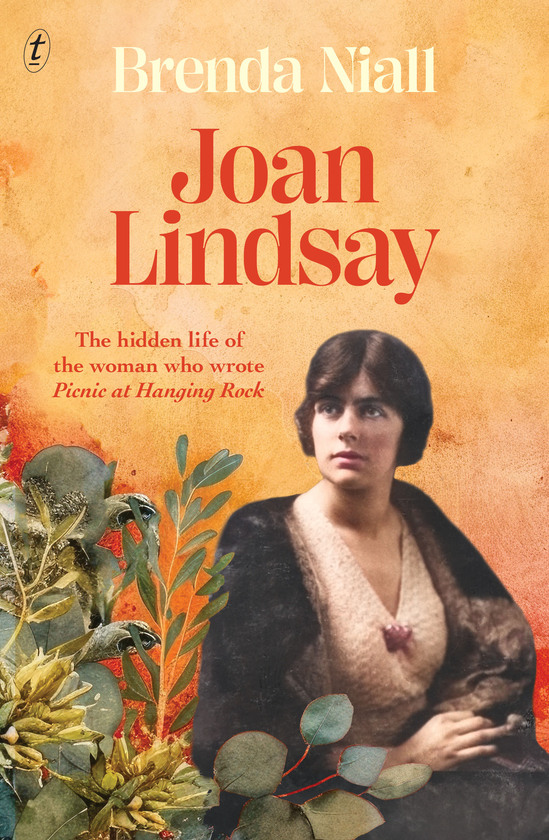
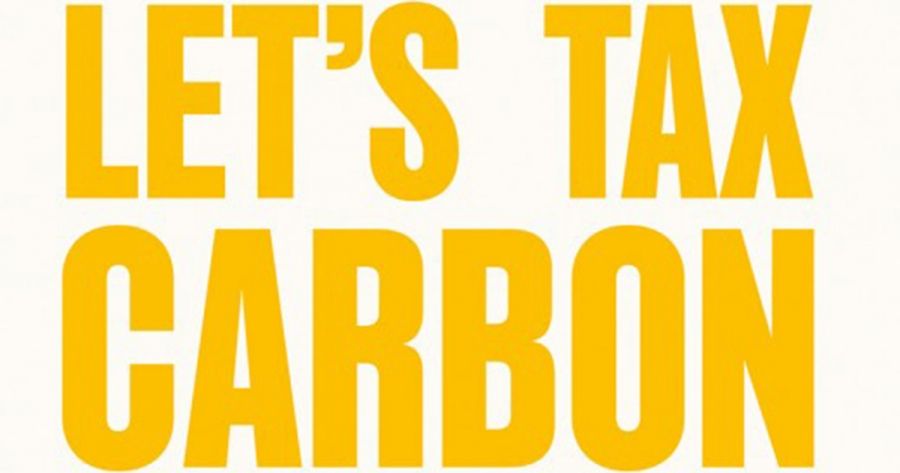

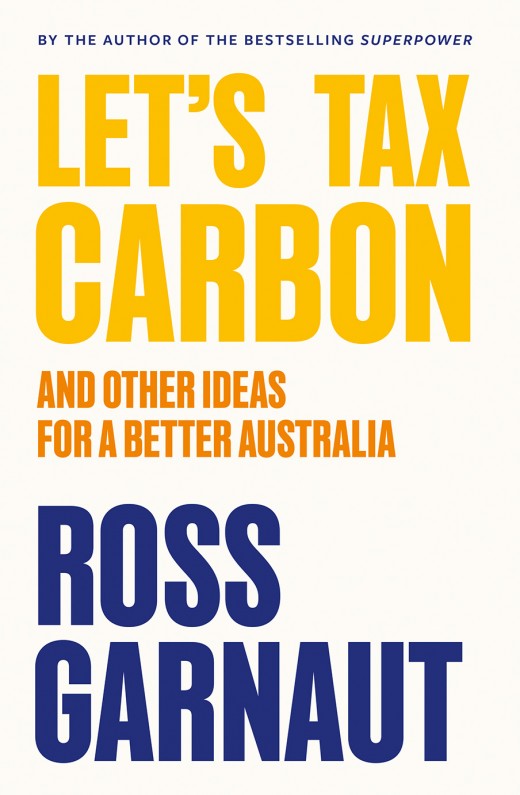
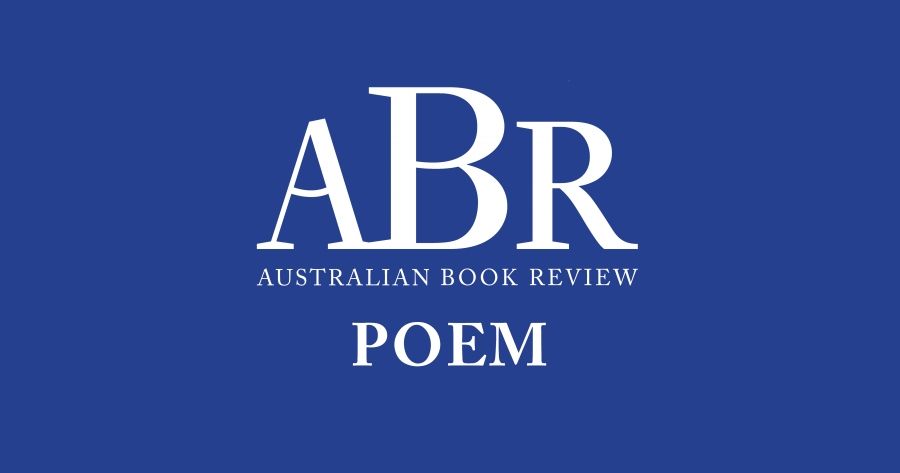
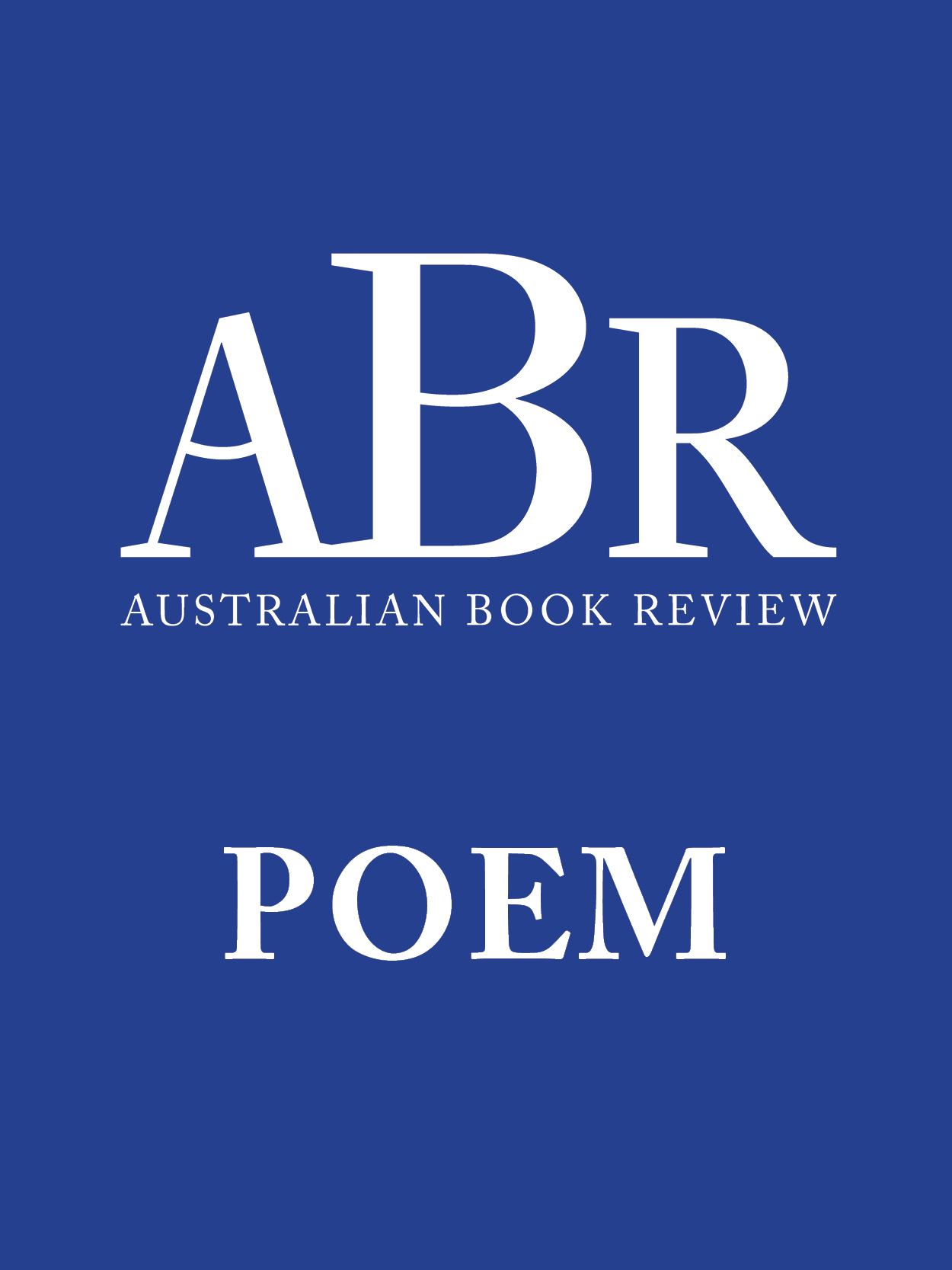
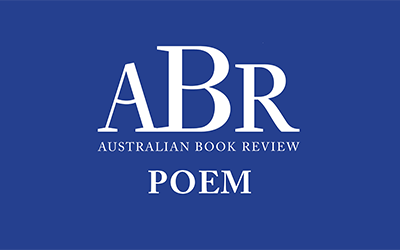
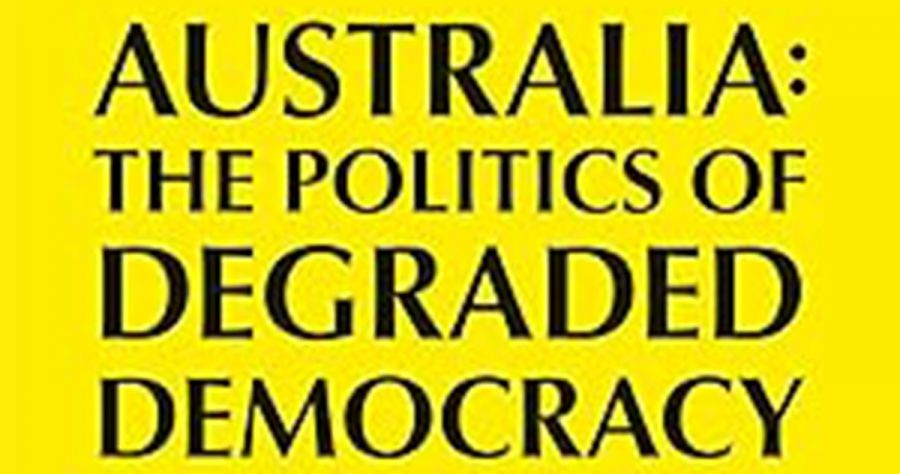
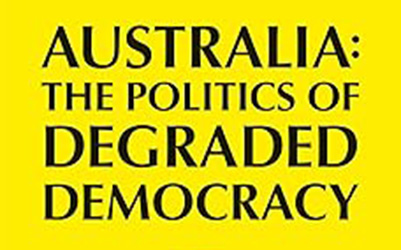
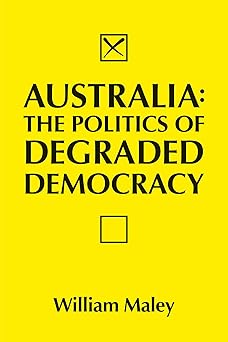

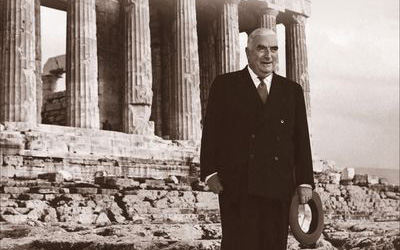
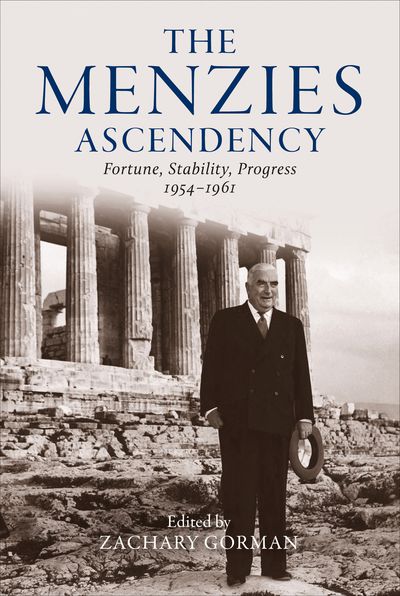
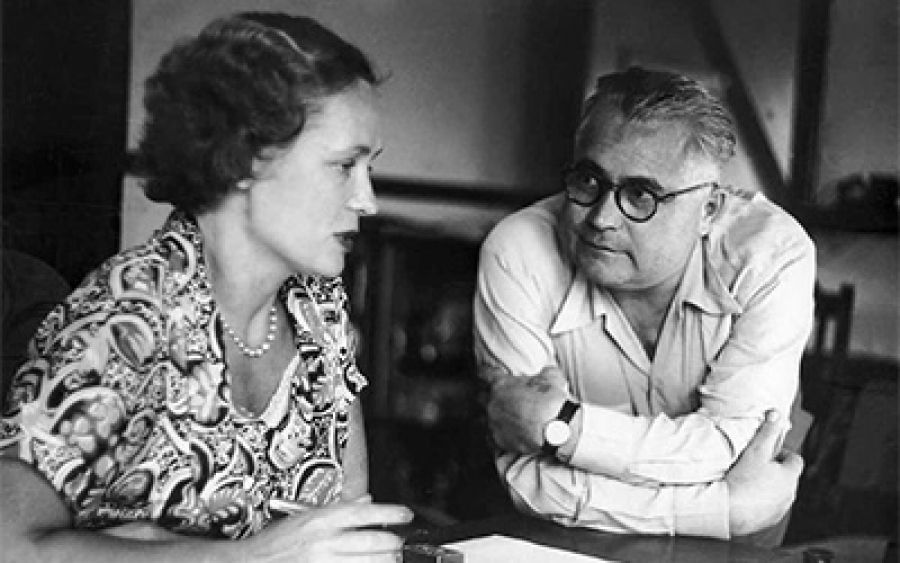
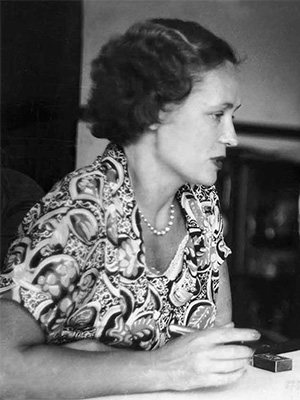
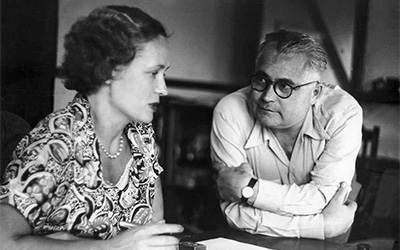

%20Associated%20Press%20wikimedia%20commons%20FEAT.jpg)
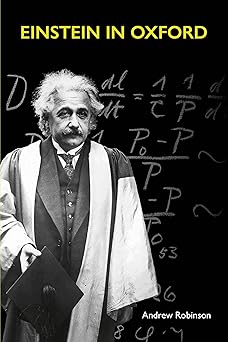
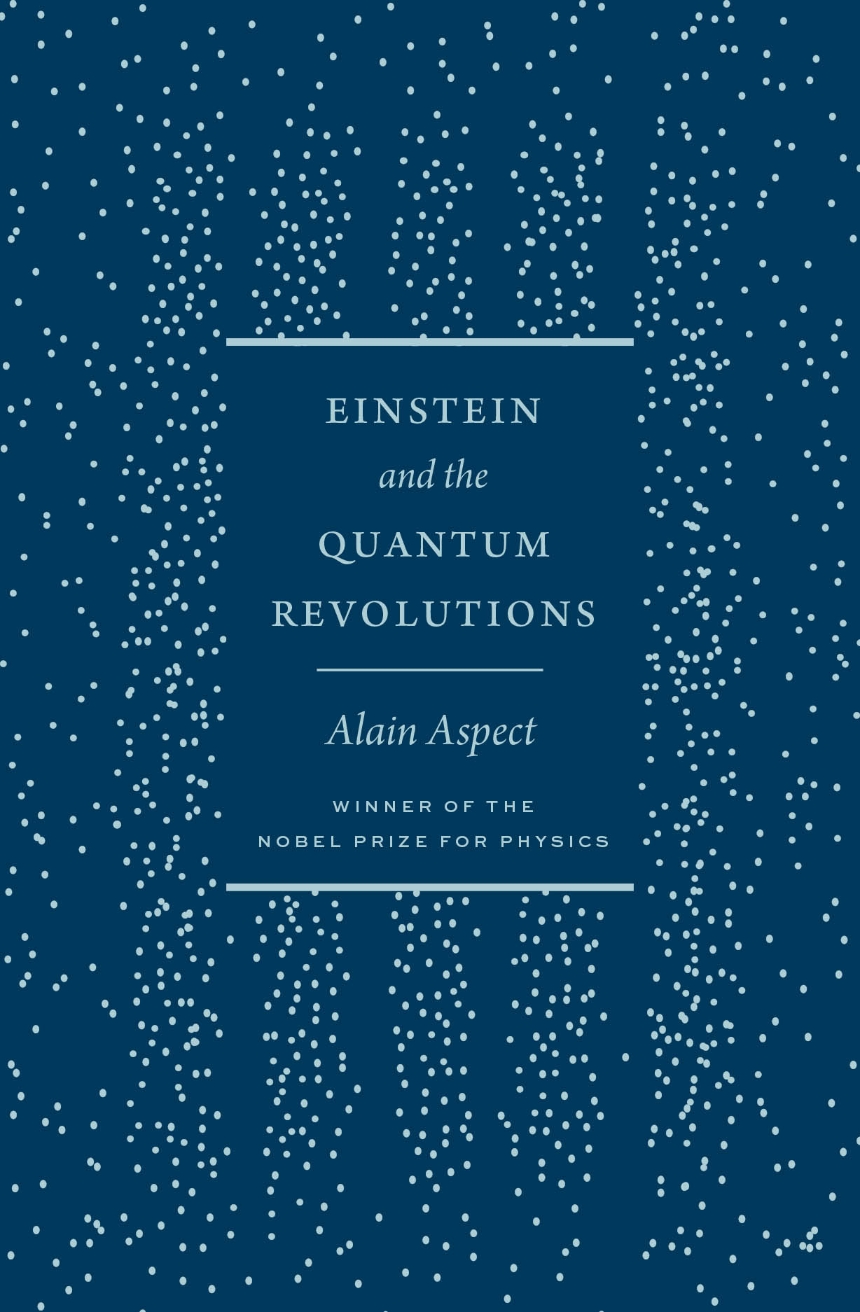


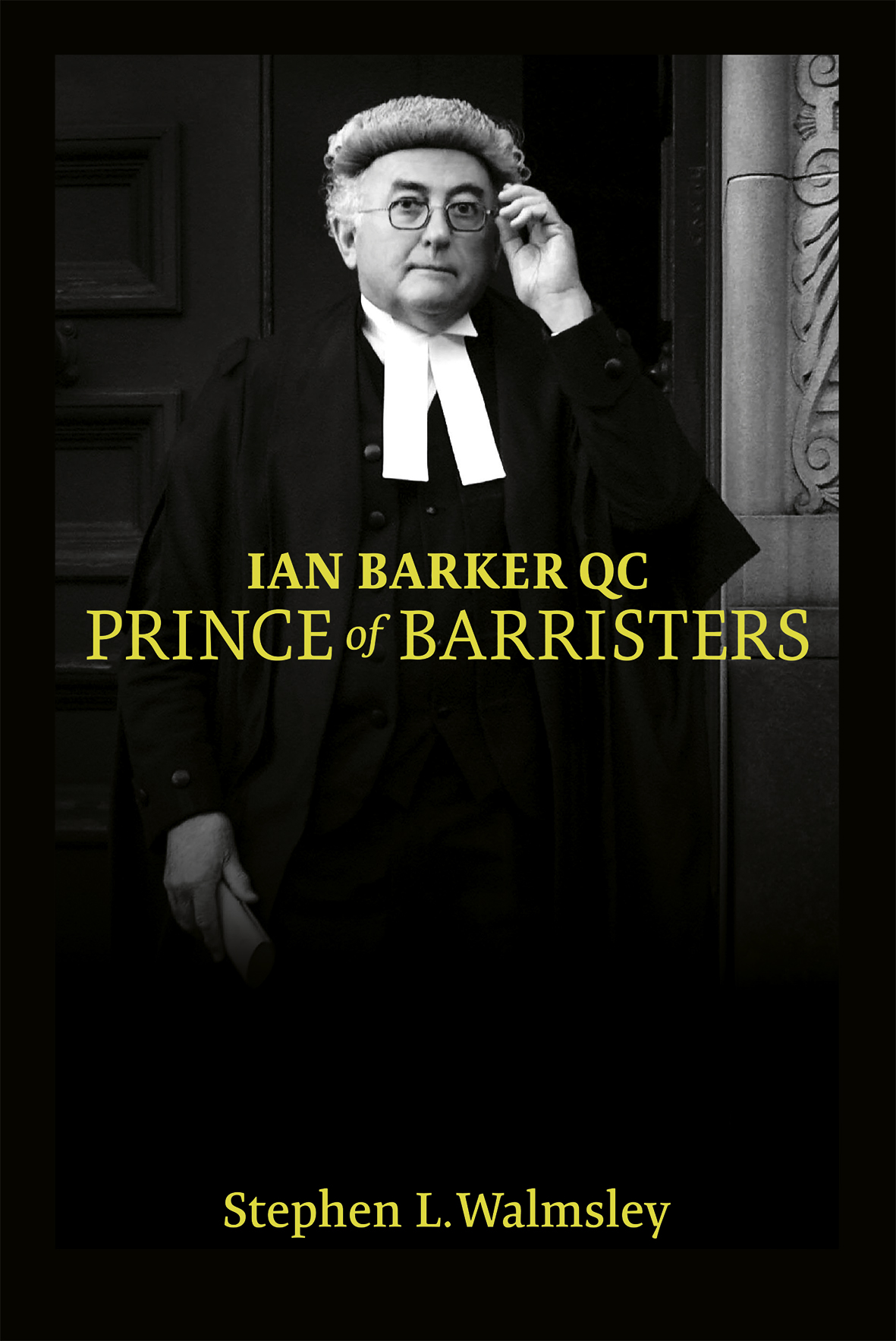
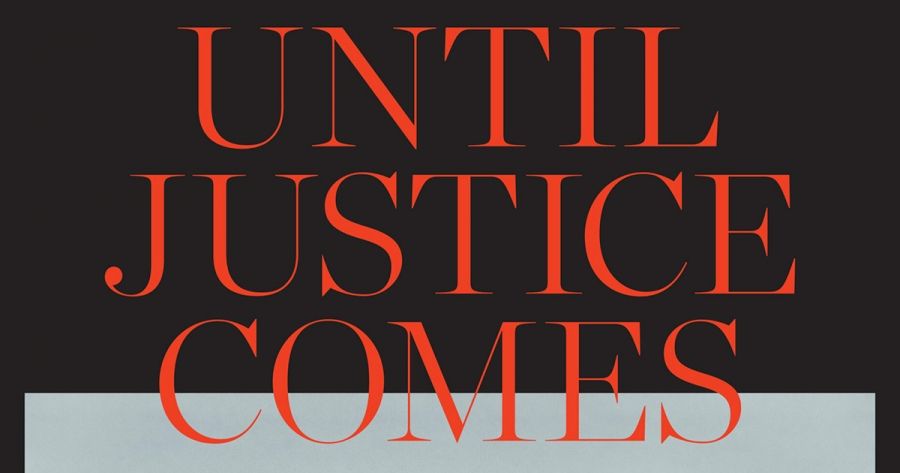
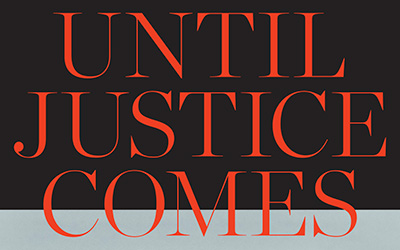
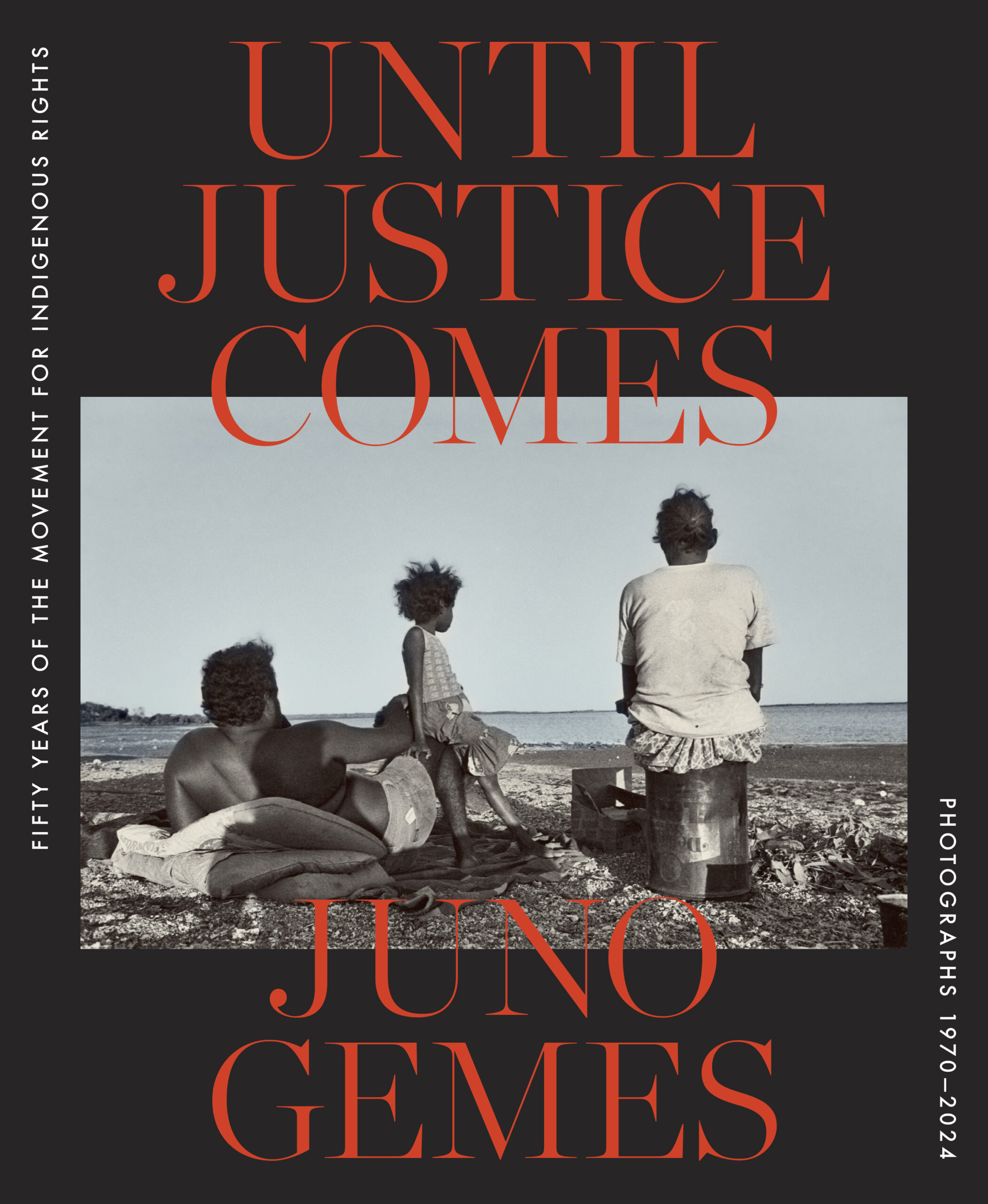
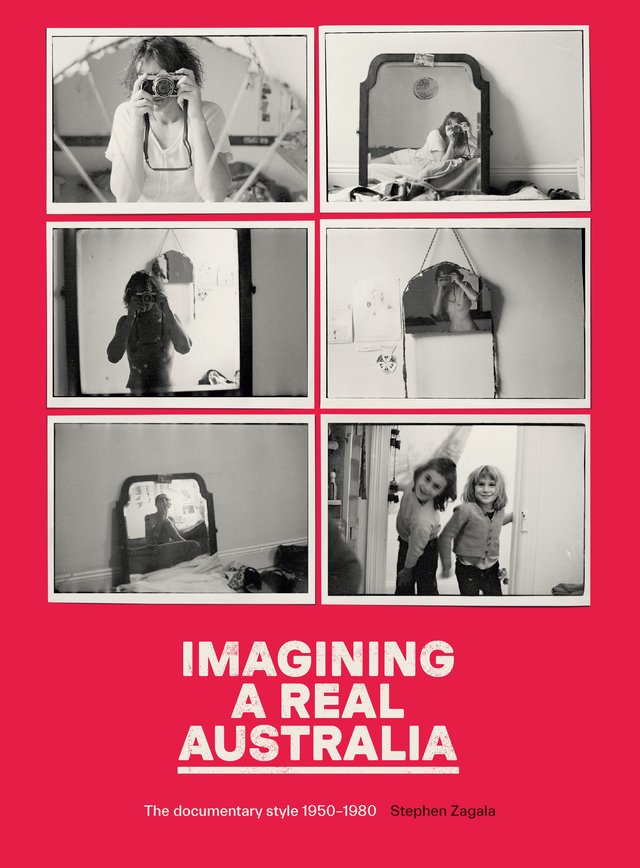
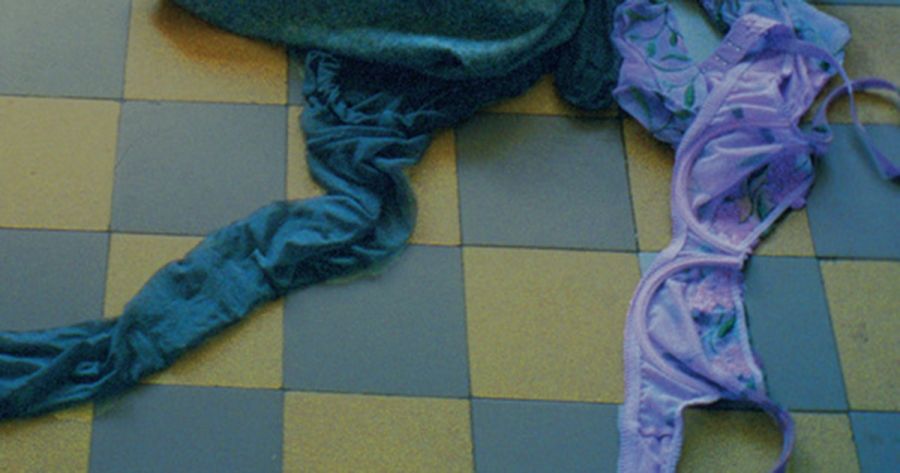
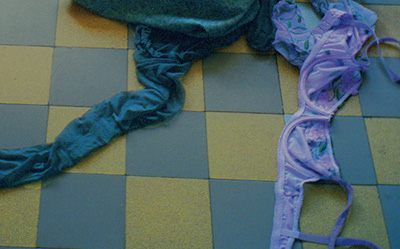
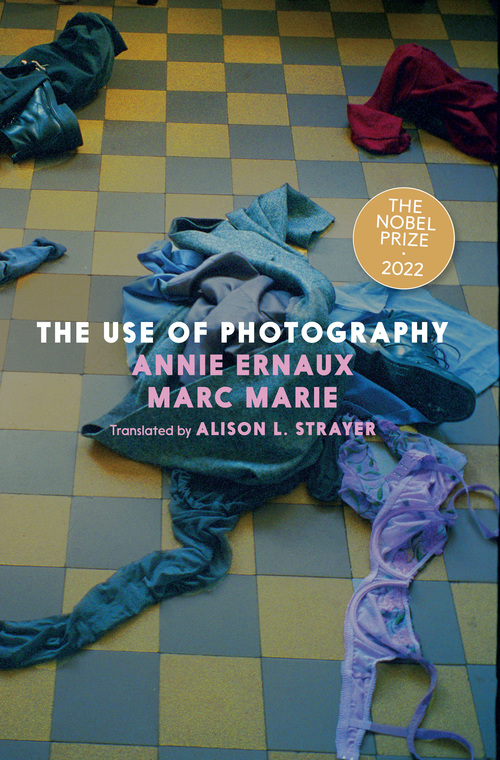


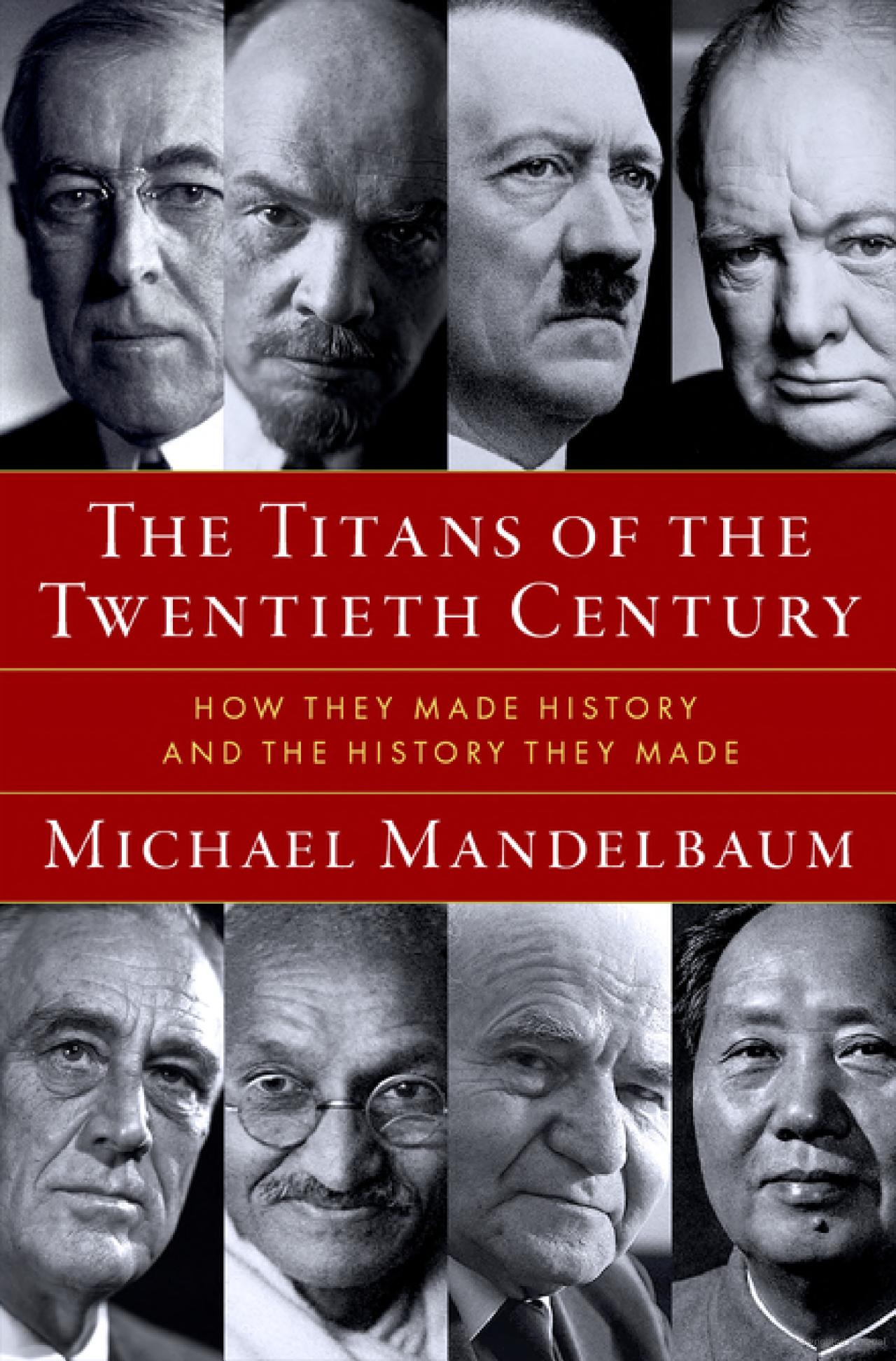
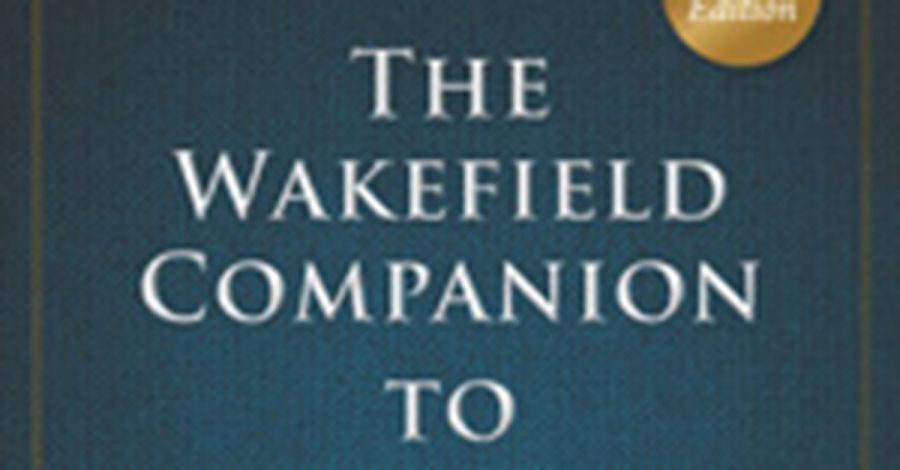
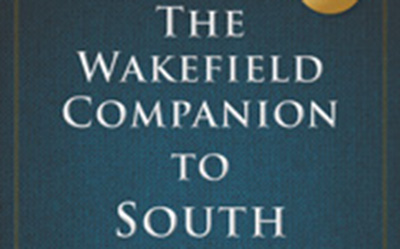
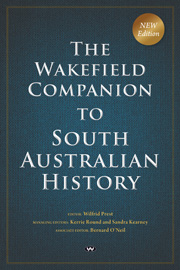
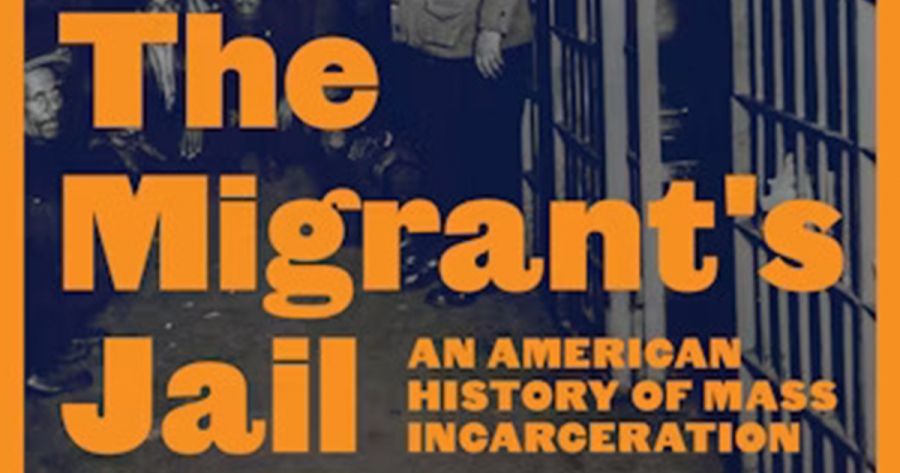
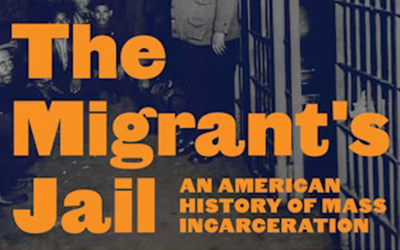
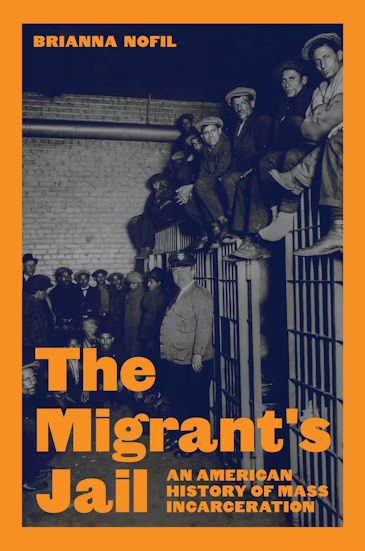
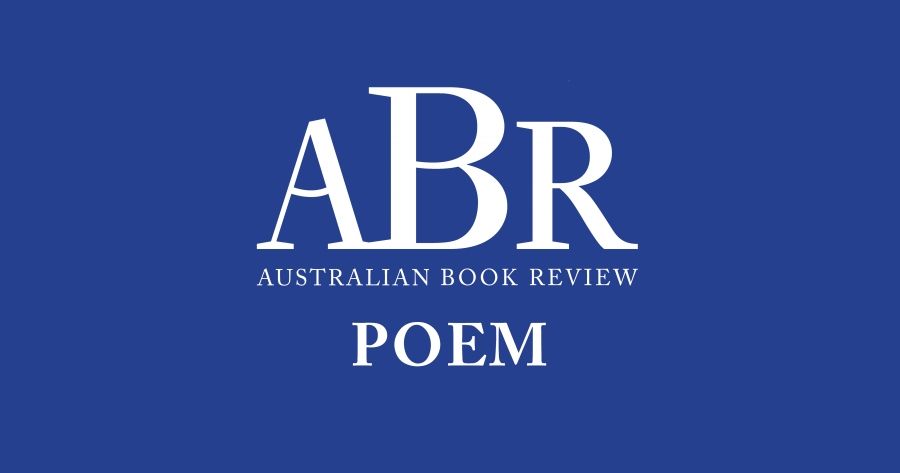
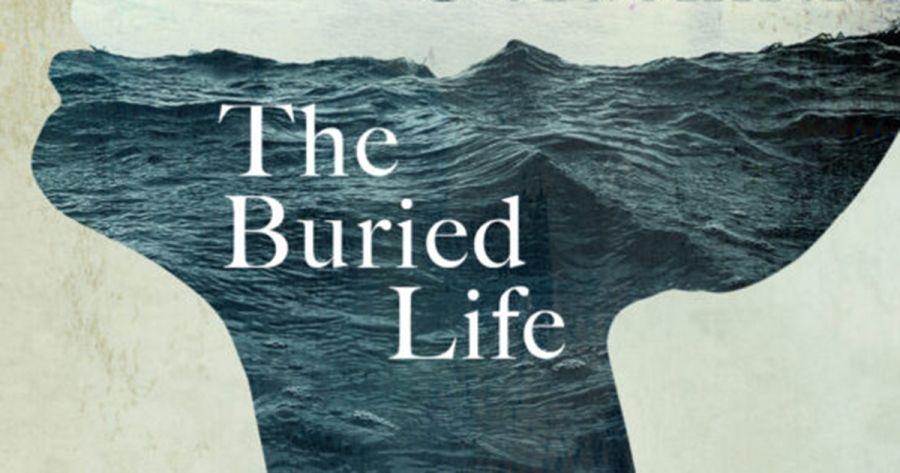
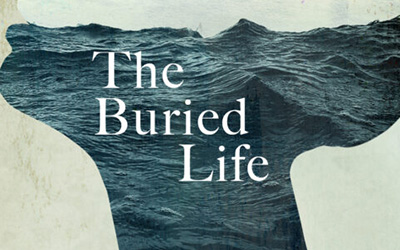
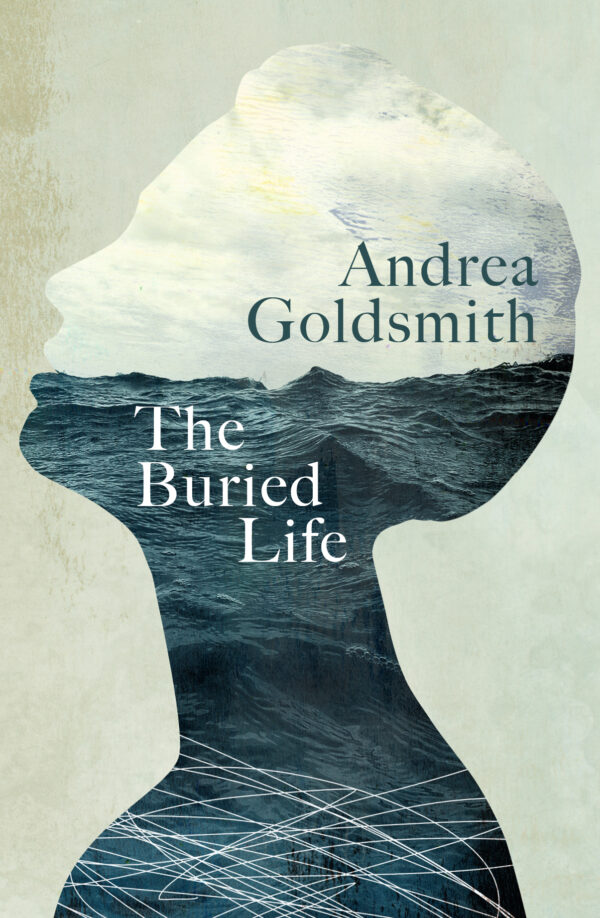
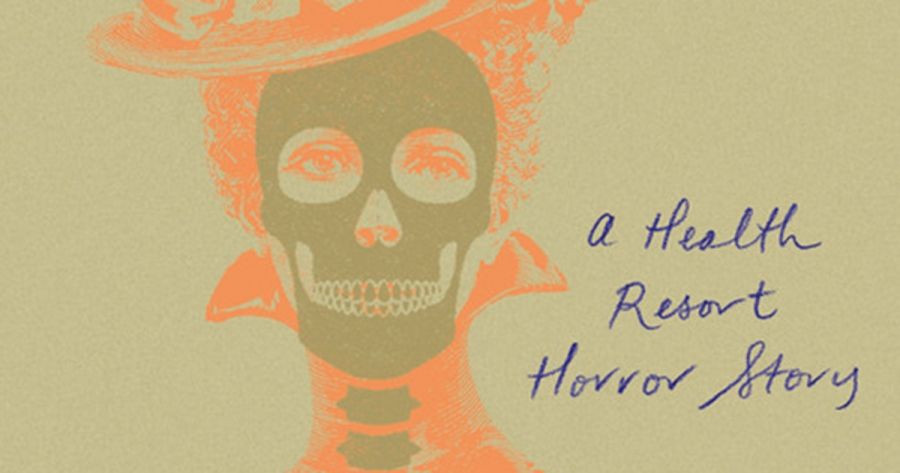
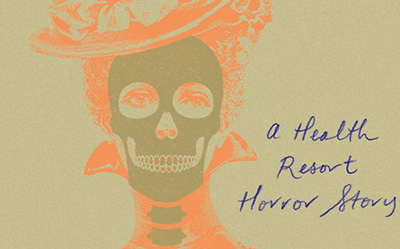

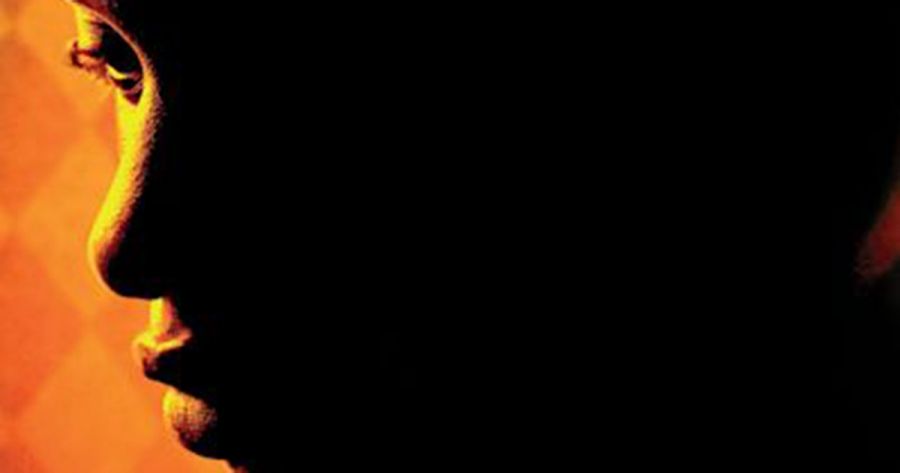
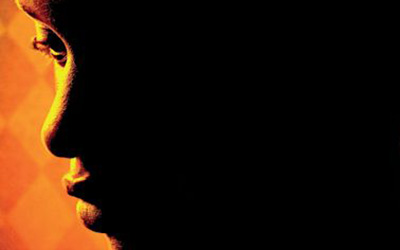
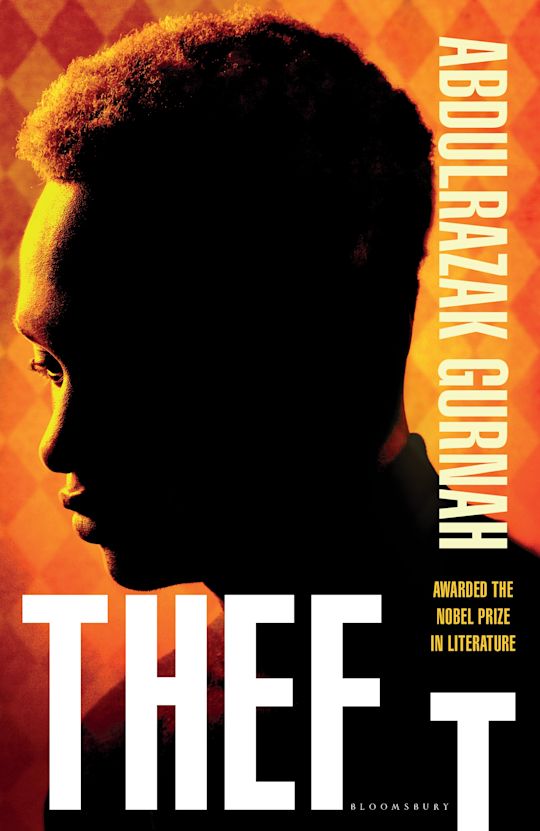

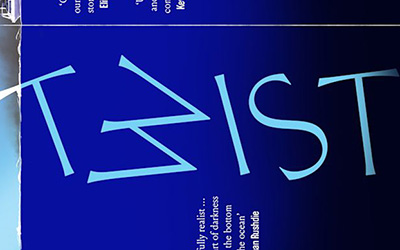
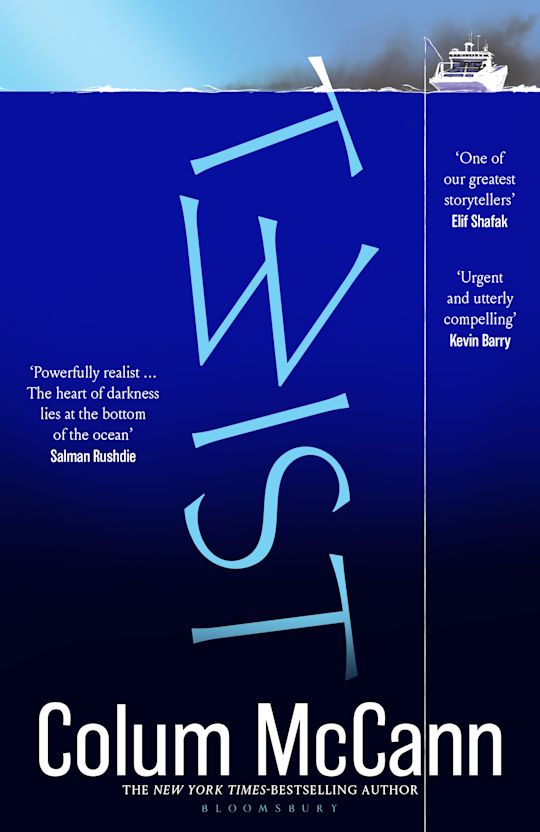
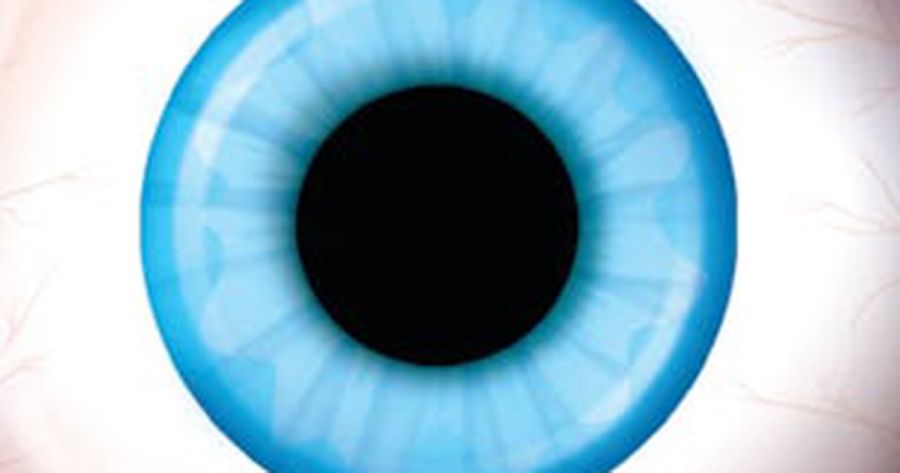
%20by%20Marina%20Yuszczuk%20-%20FEAT.jpg)
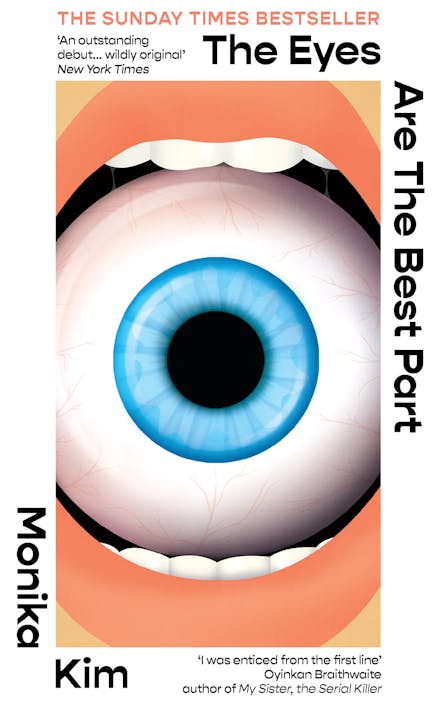
%20by%20Marina%20Yuszczuk.jpg)

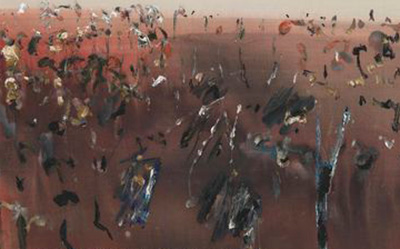
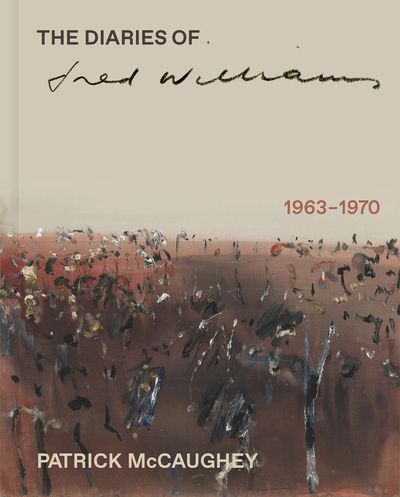
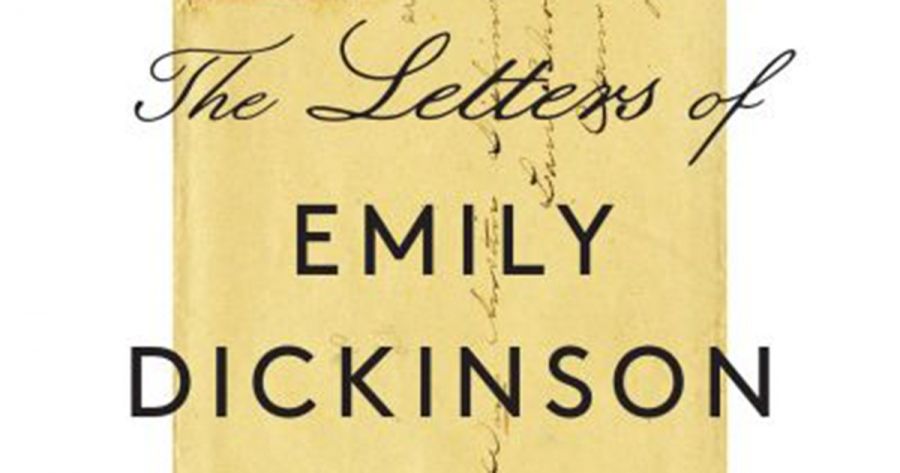
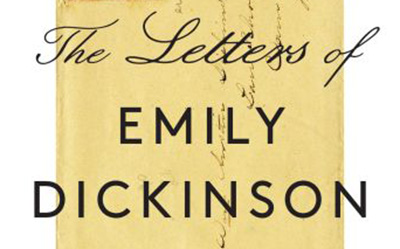
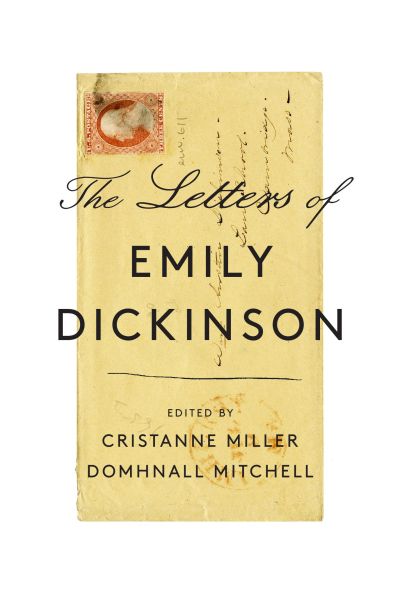
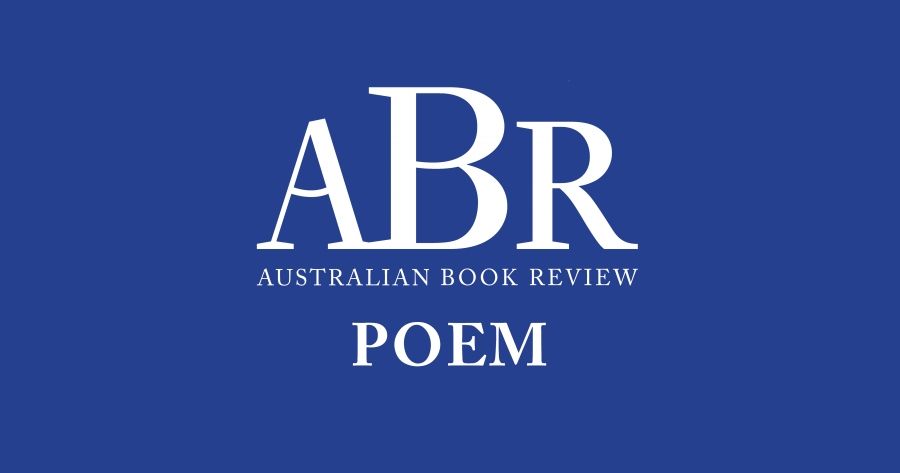
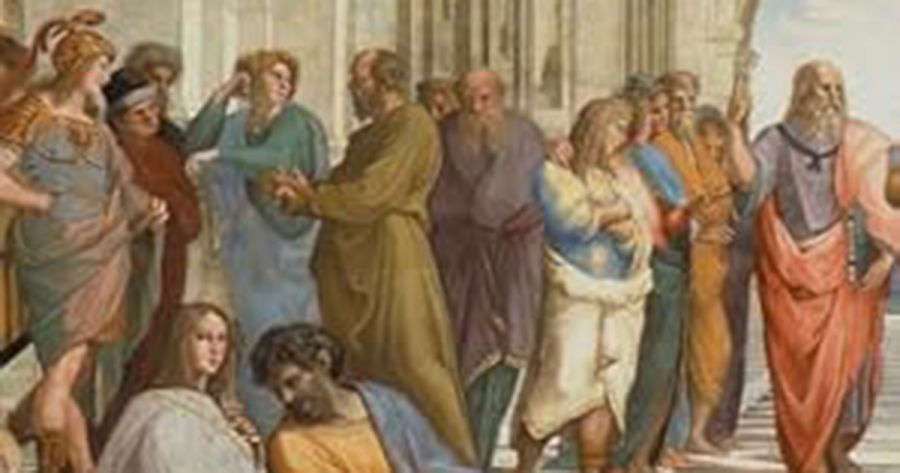

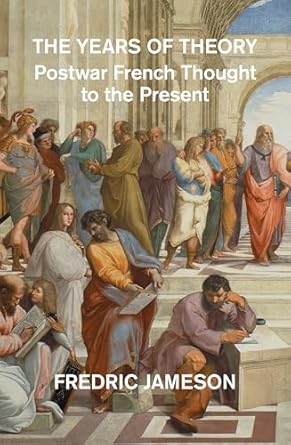
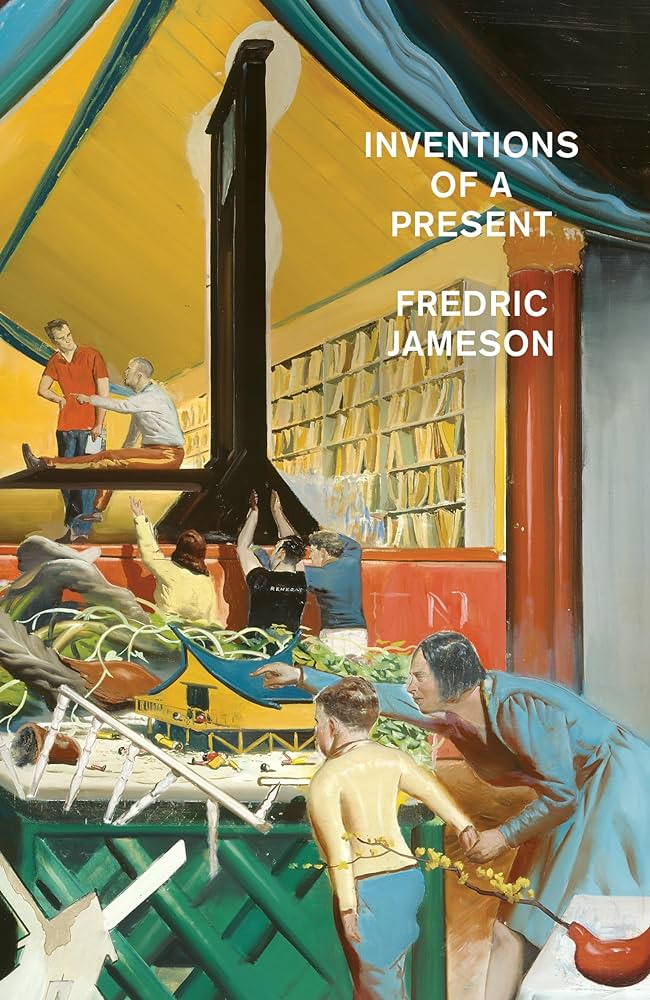
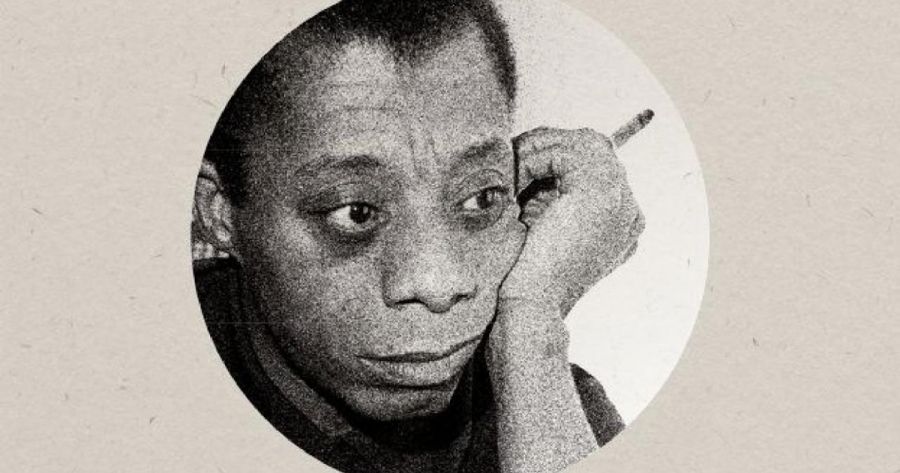
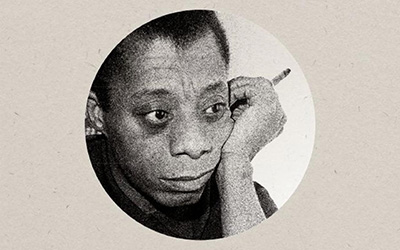
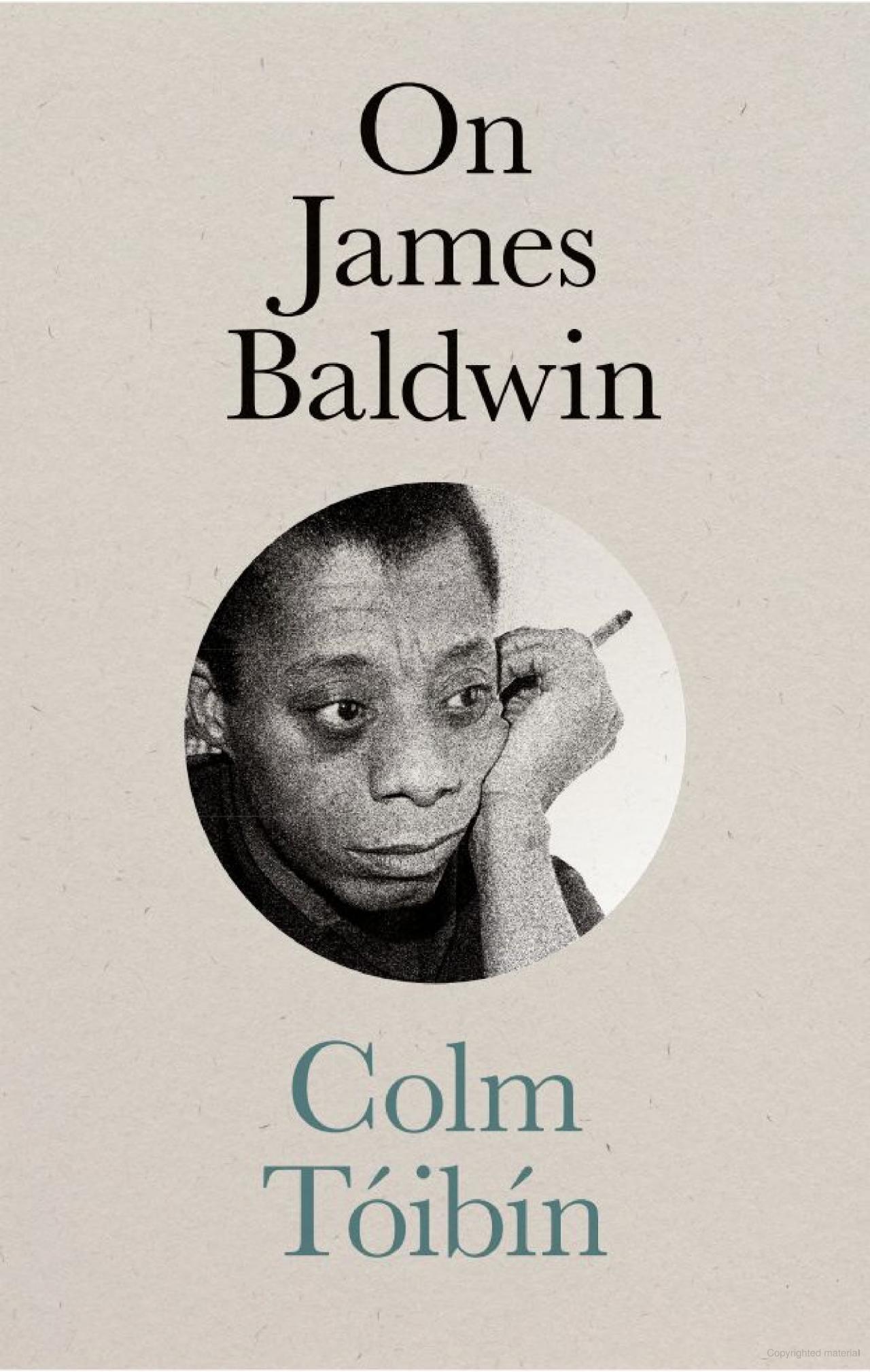
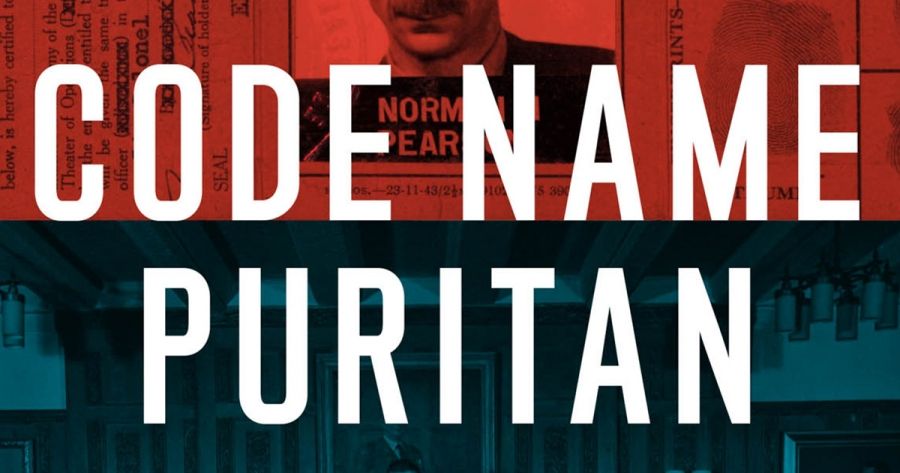
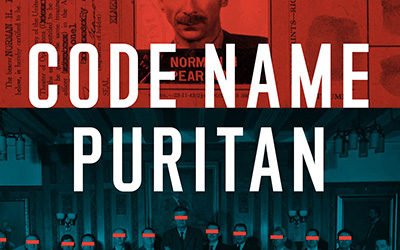
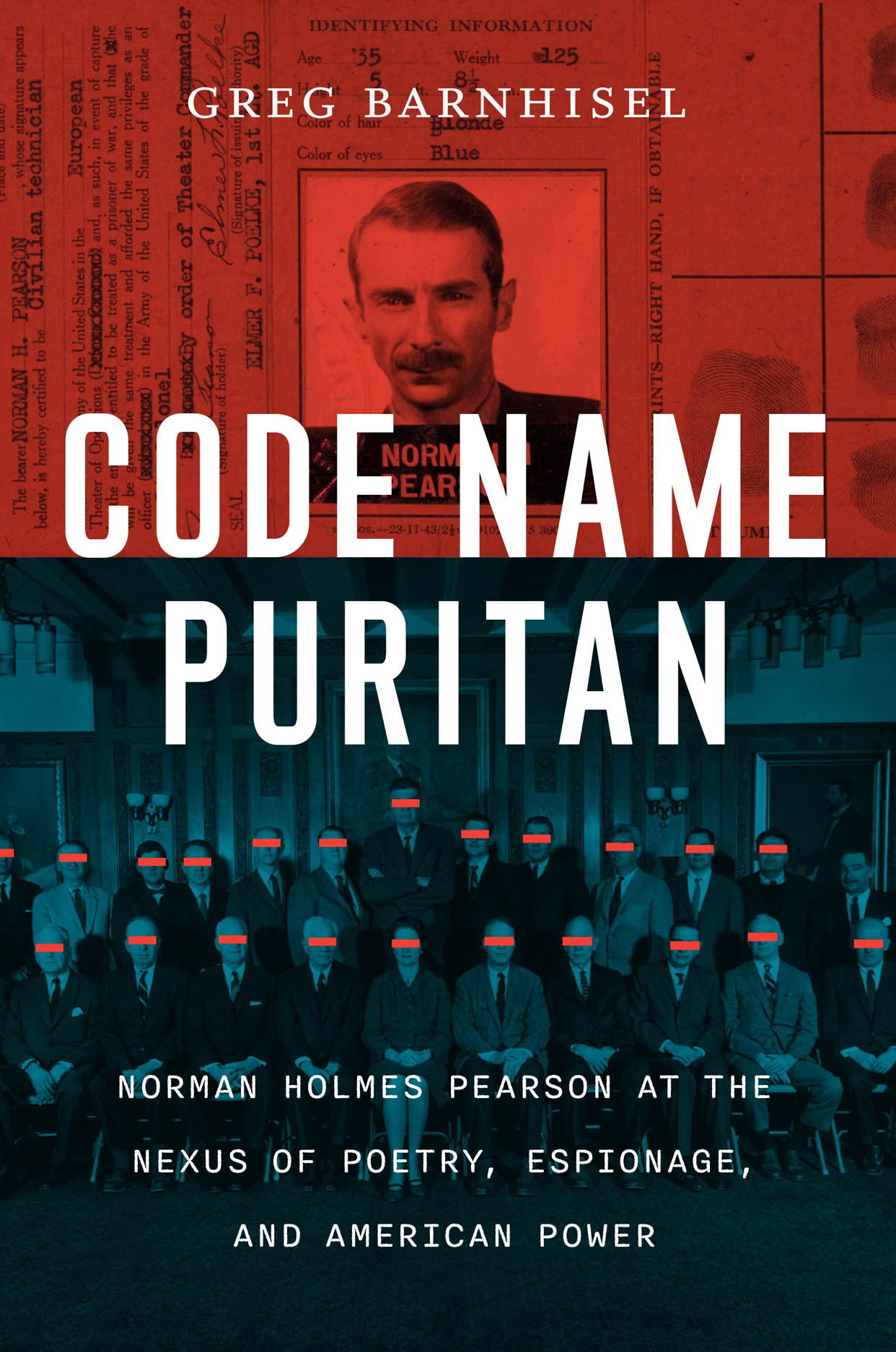
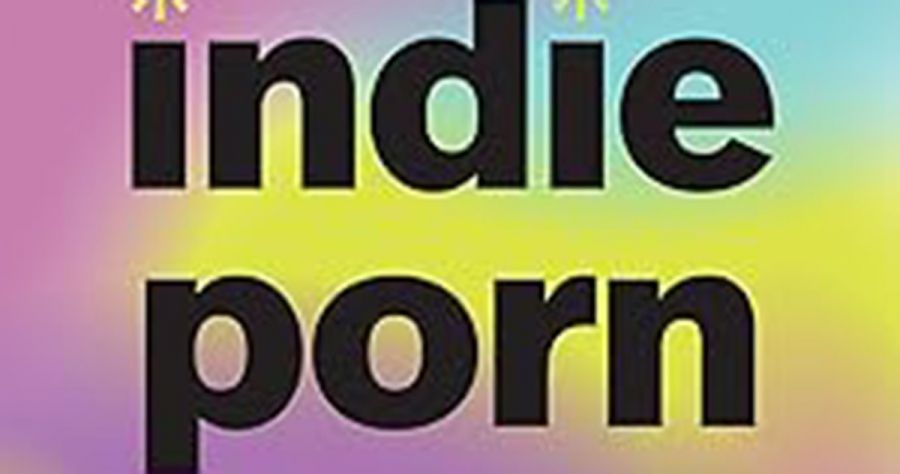
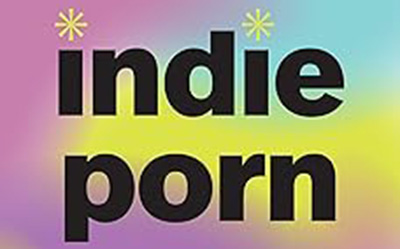
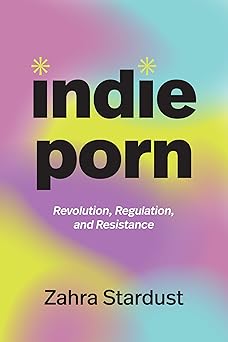


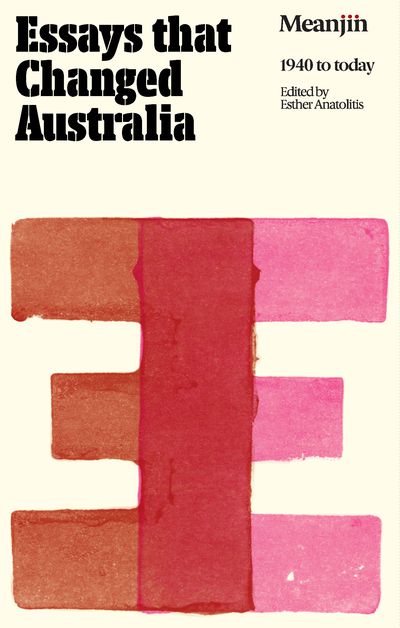
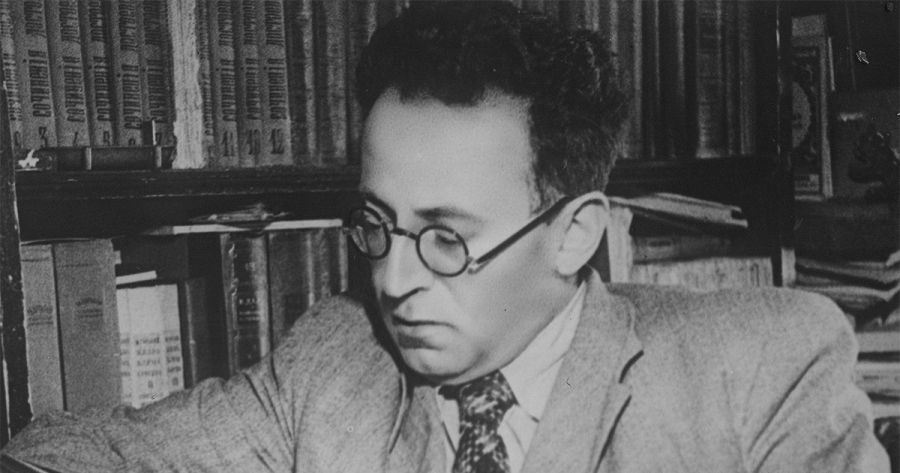
%20RAI.jpg)
%20FEAT.jpg)
